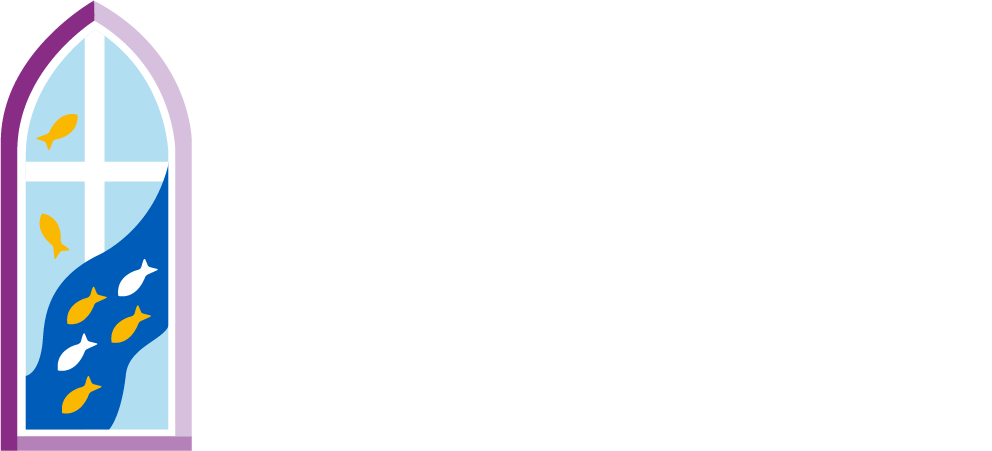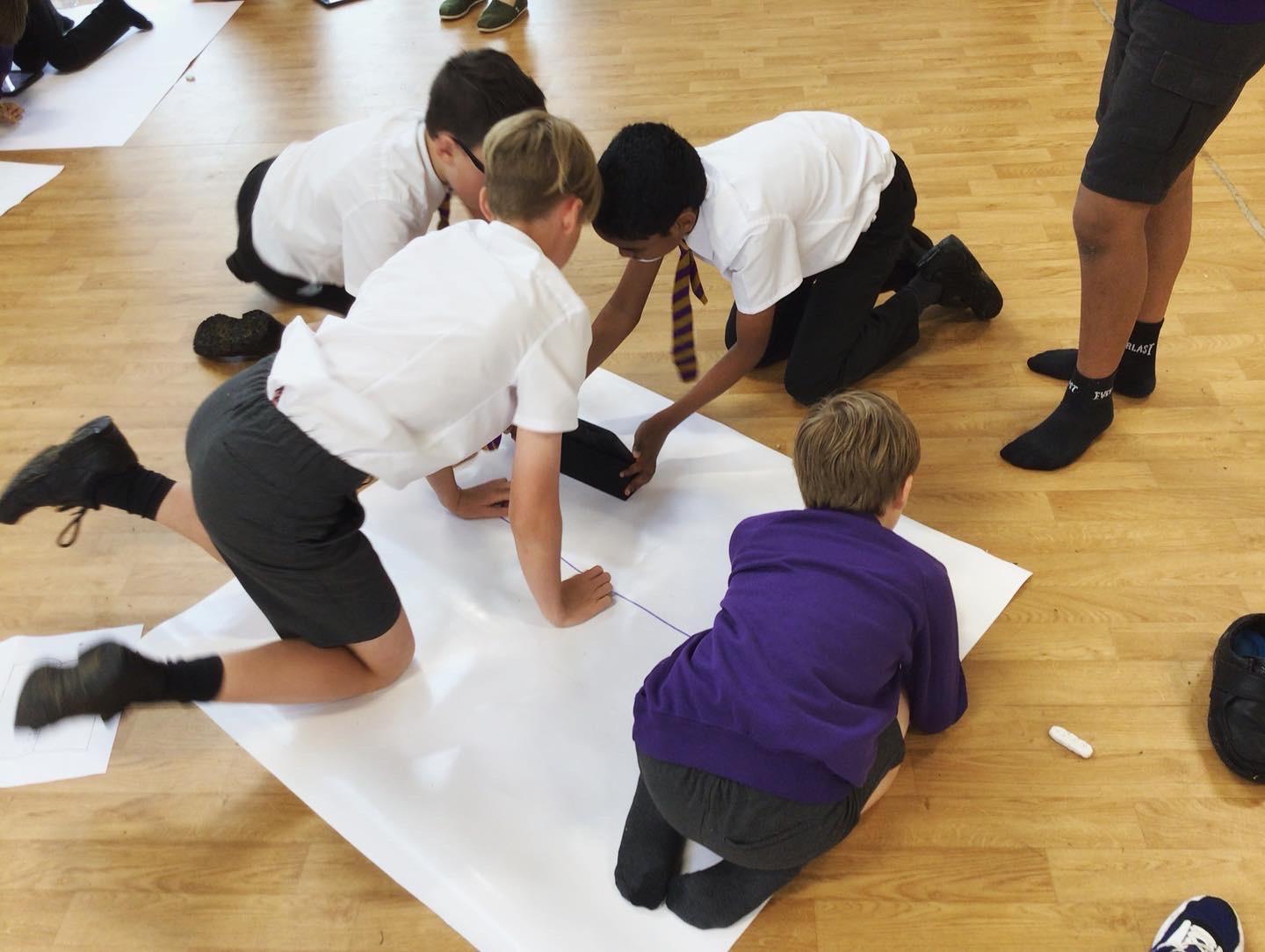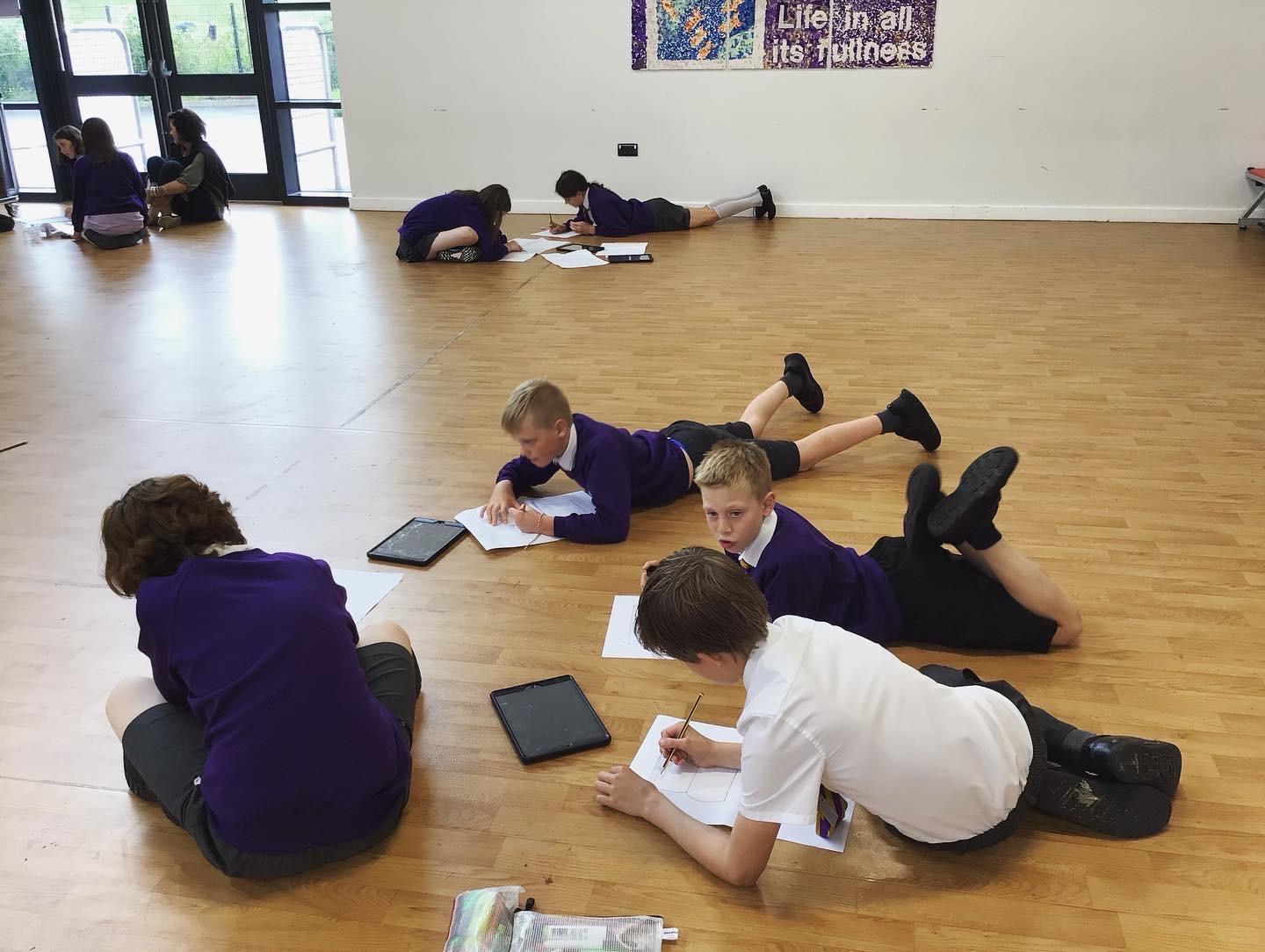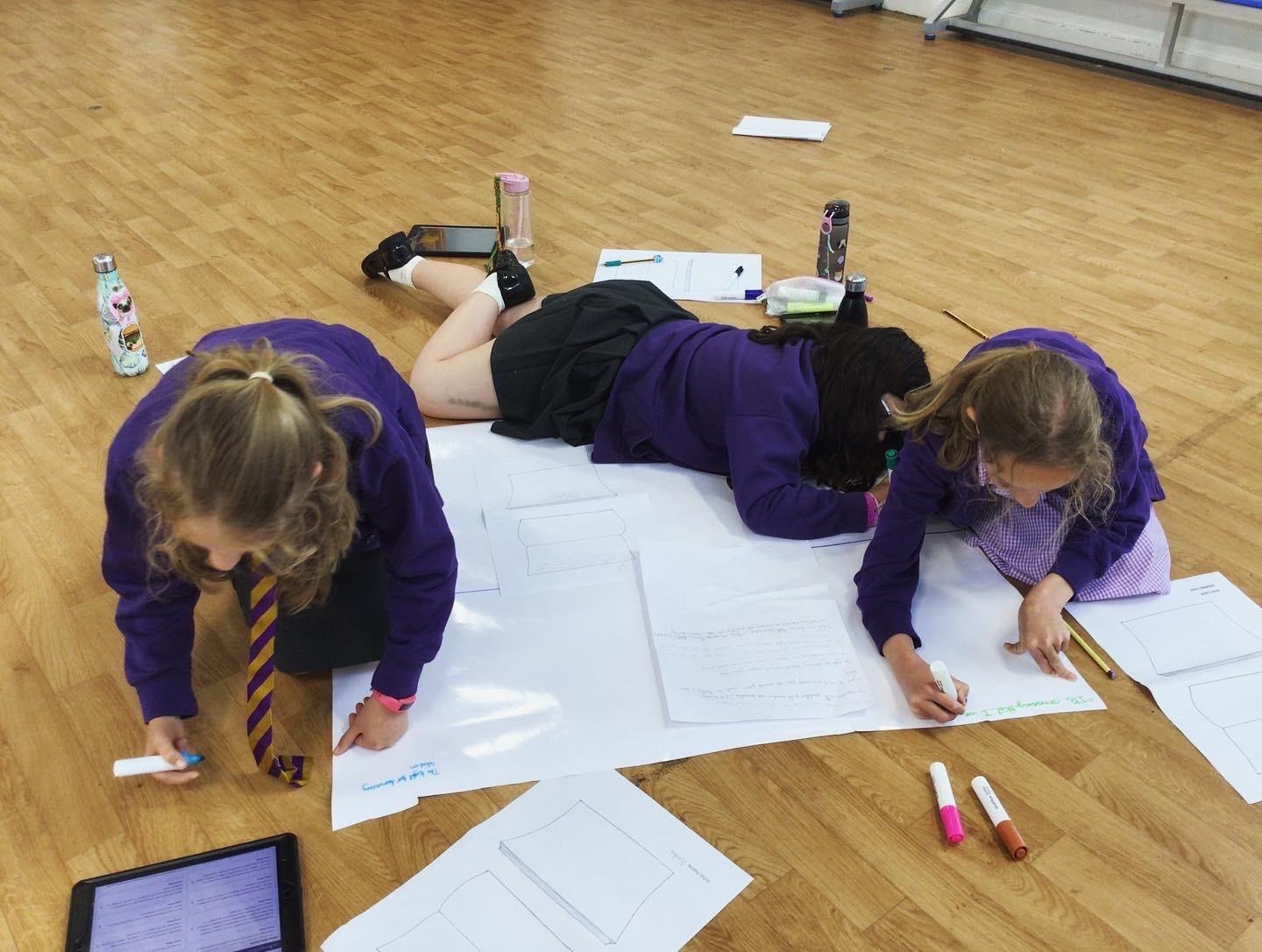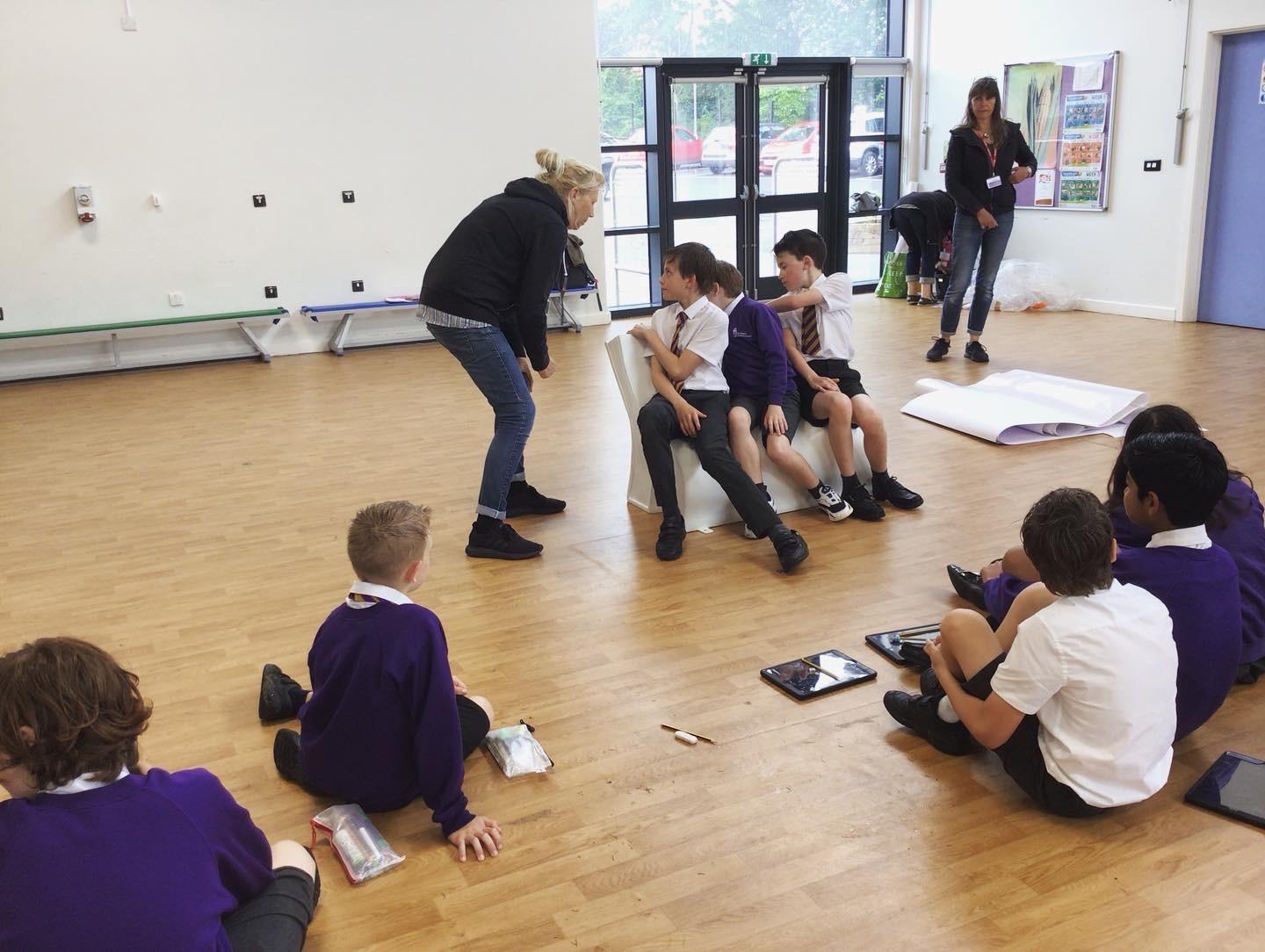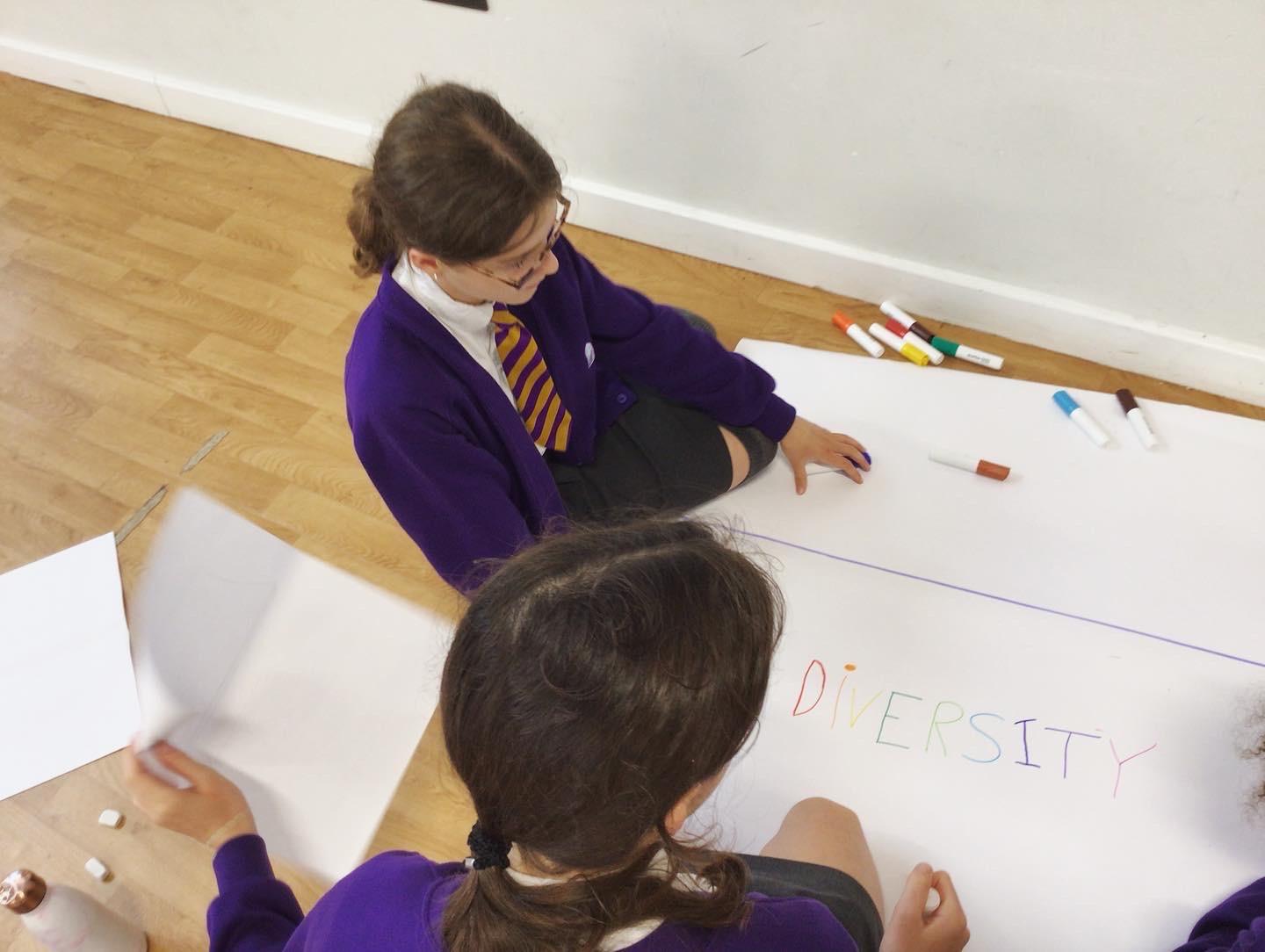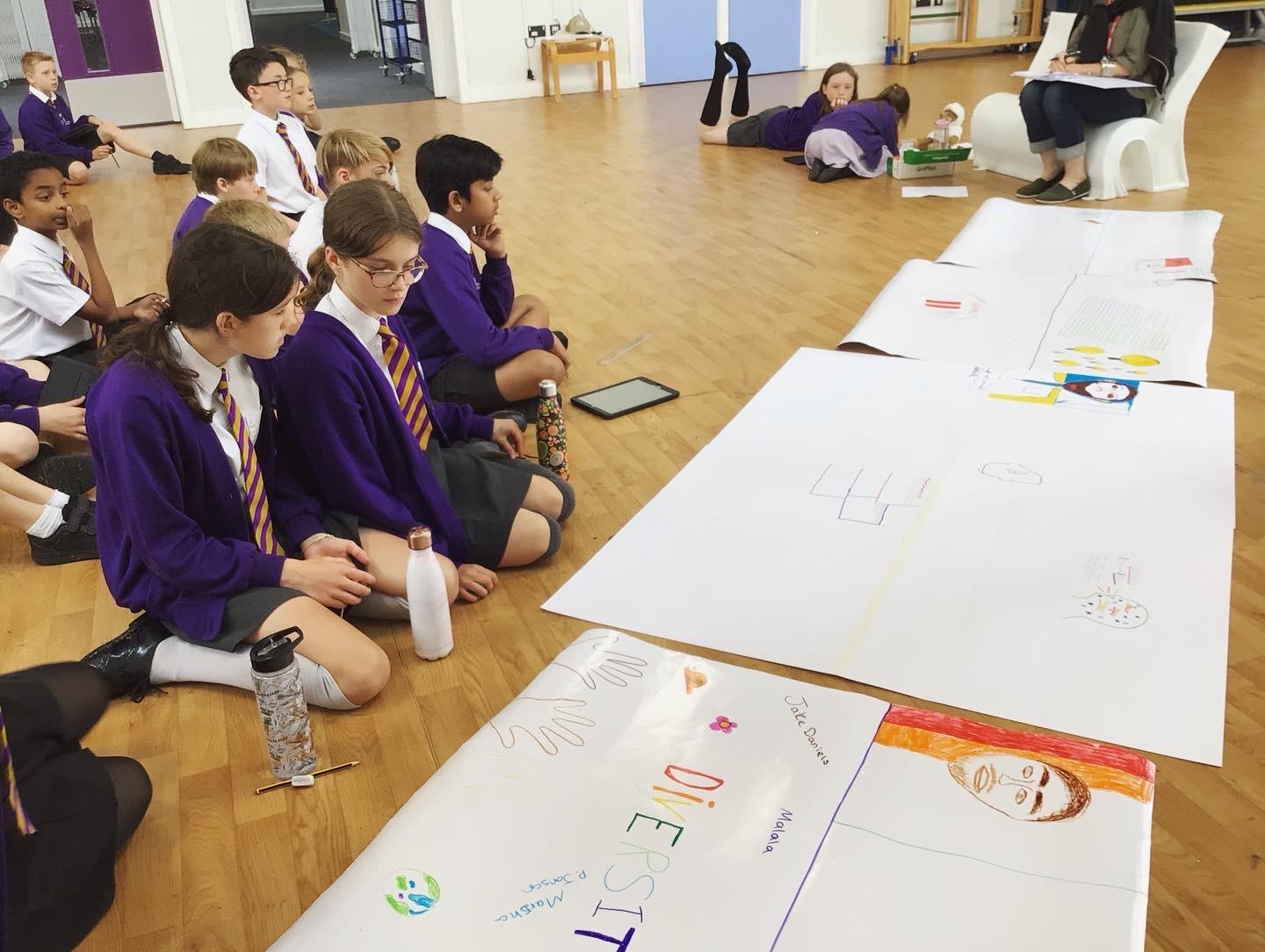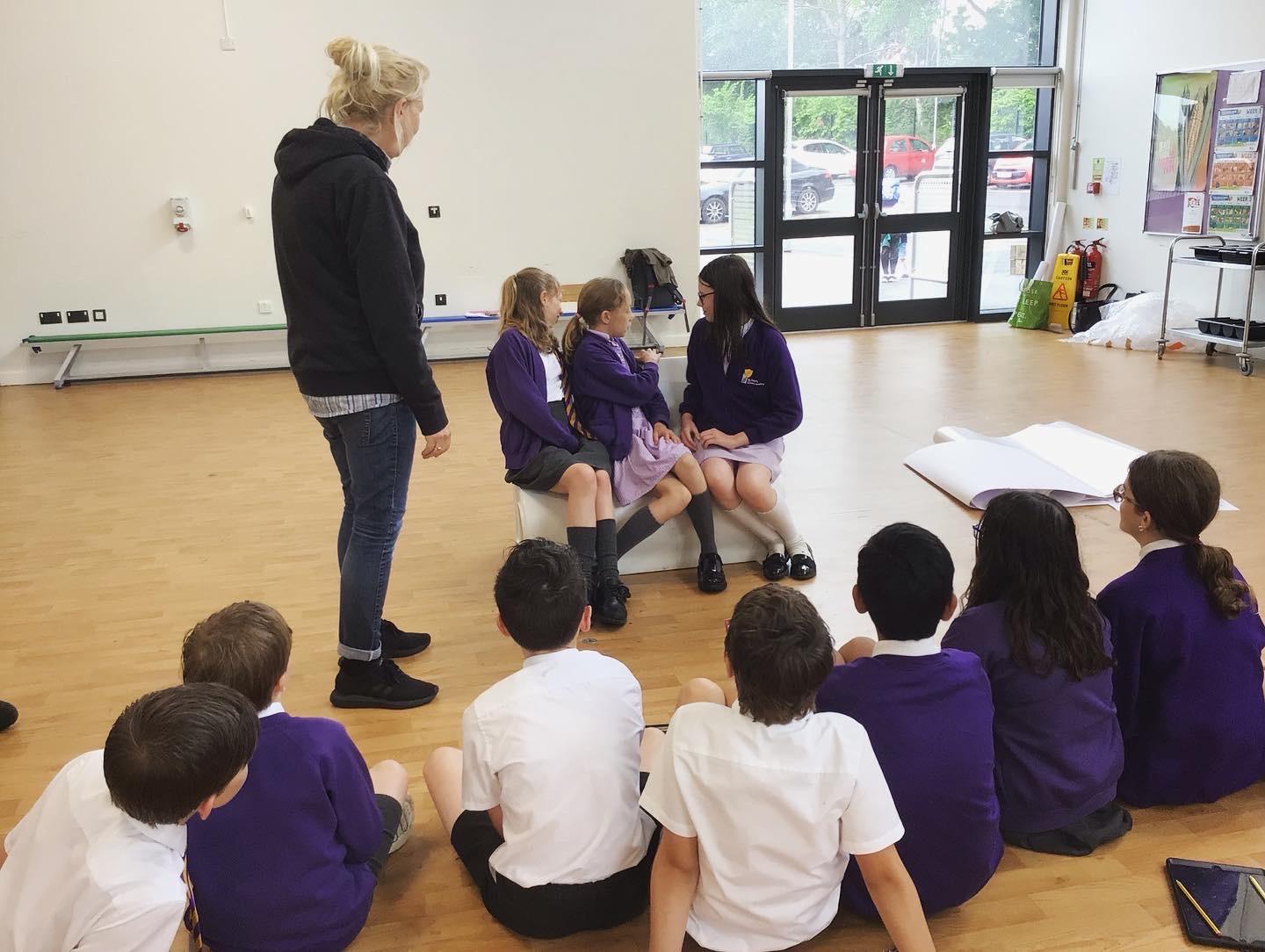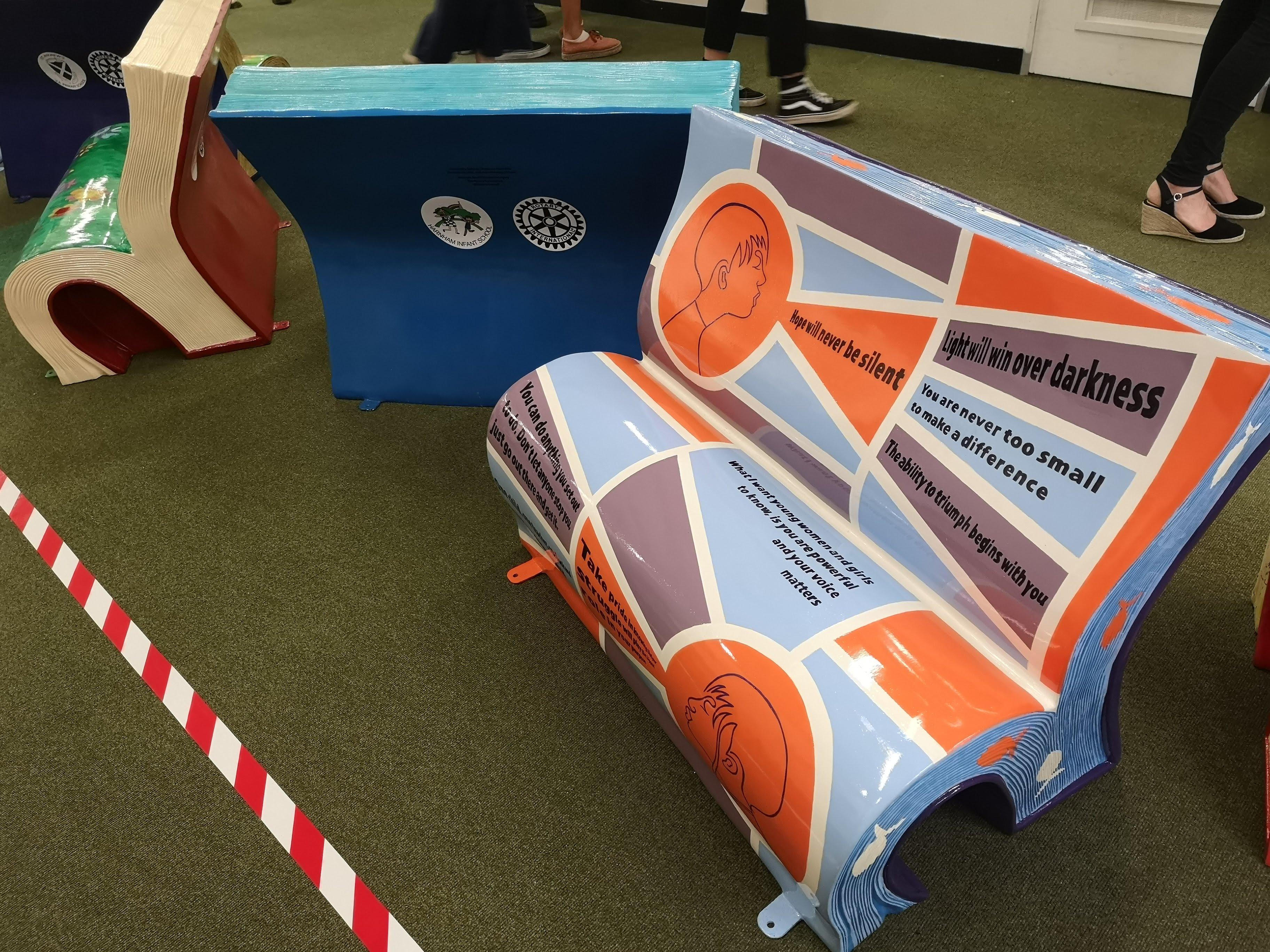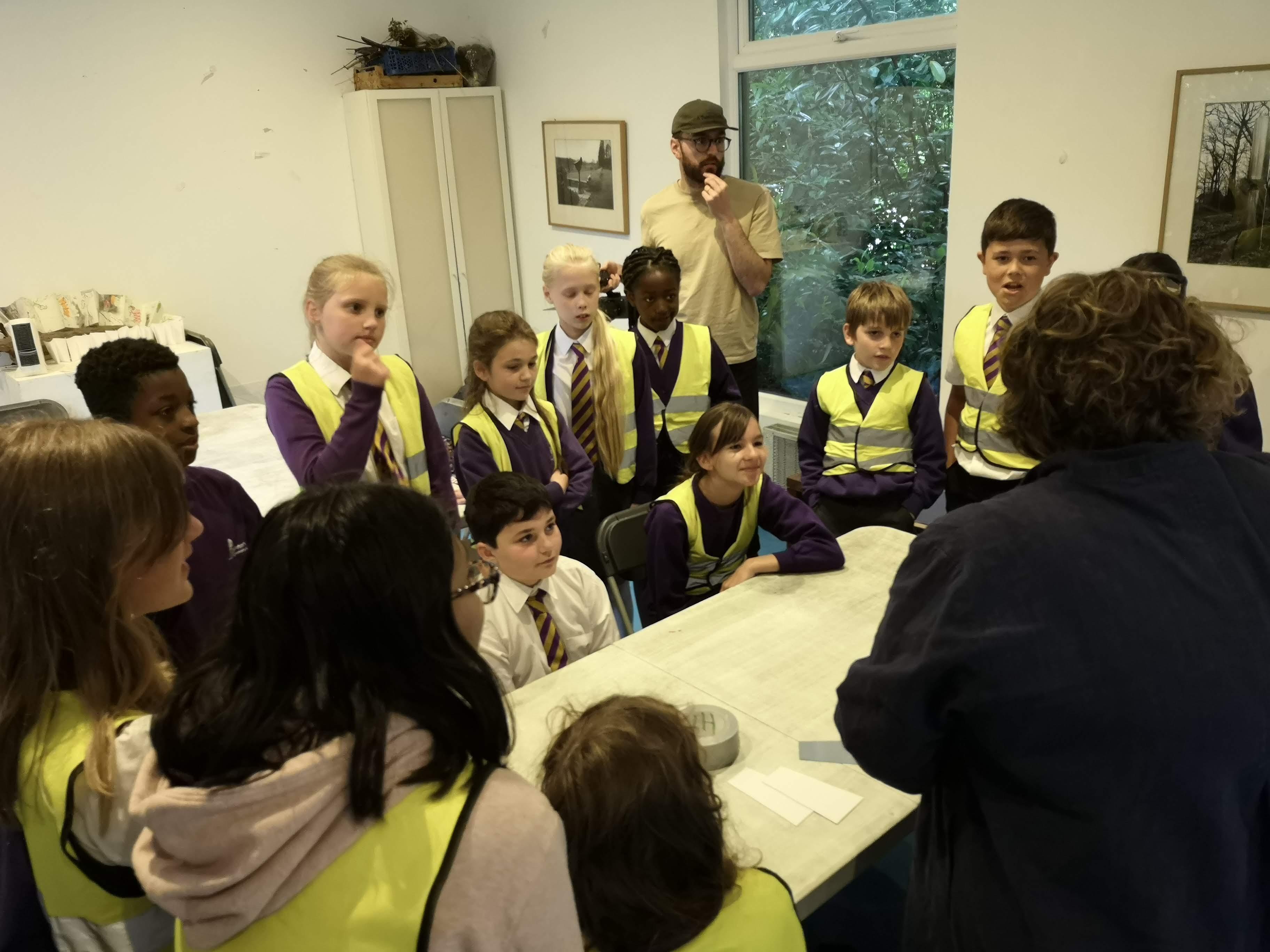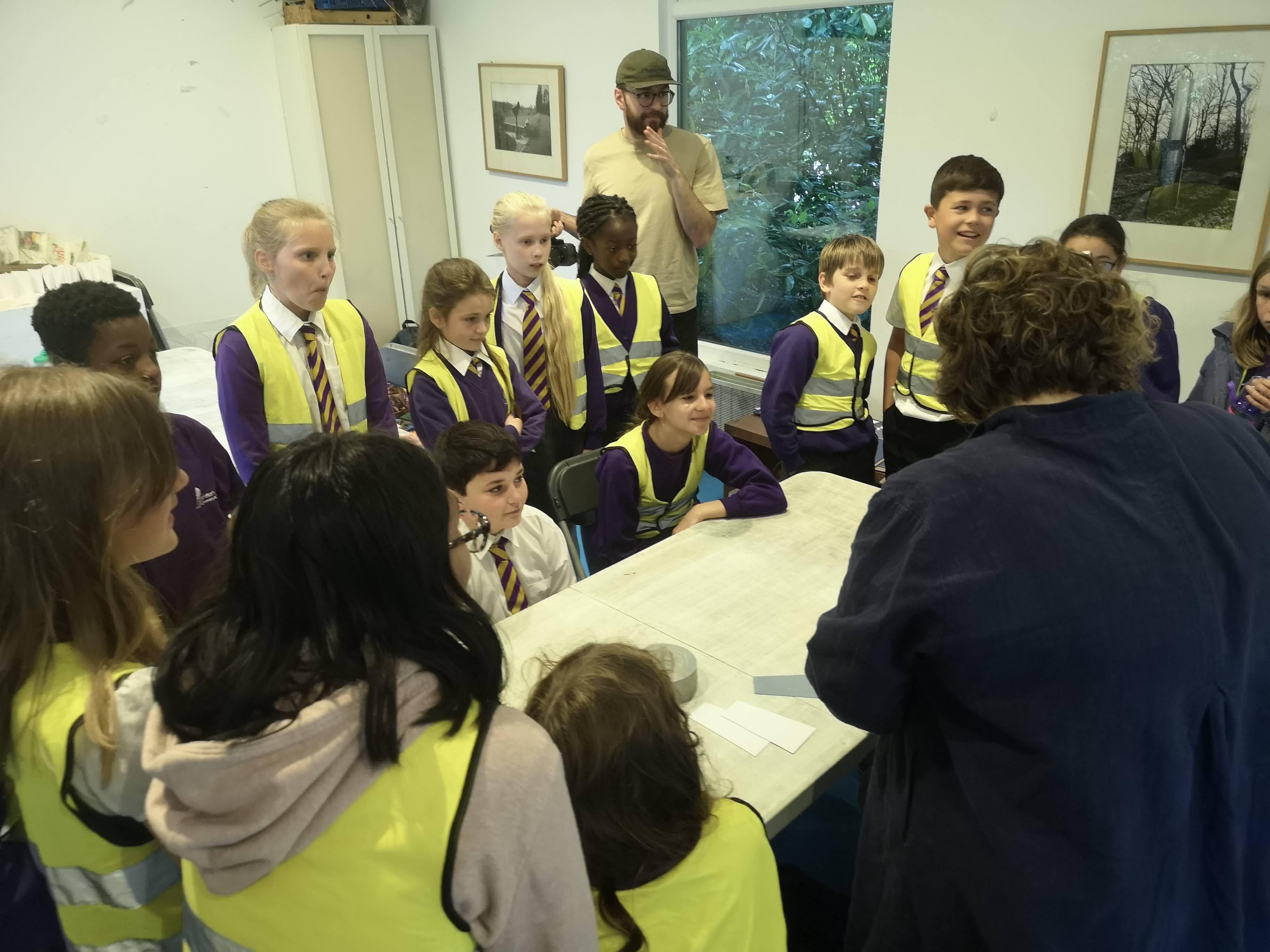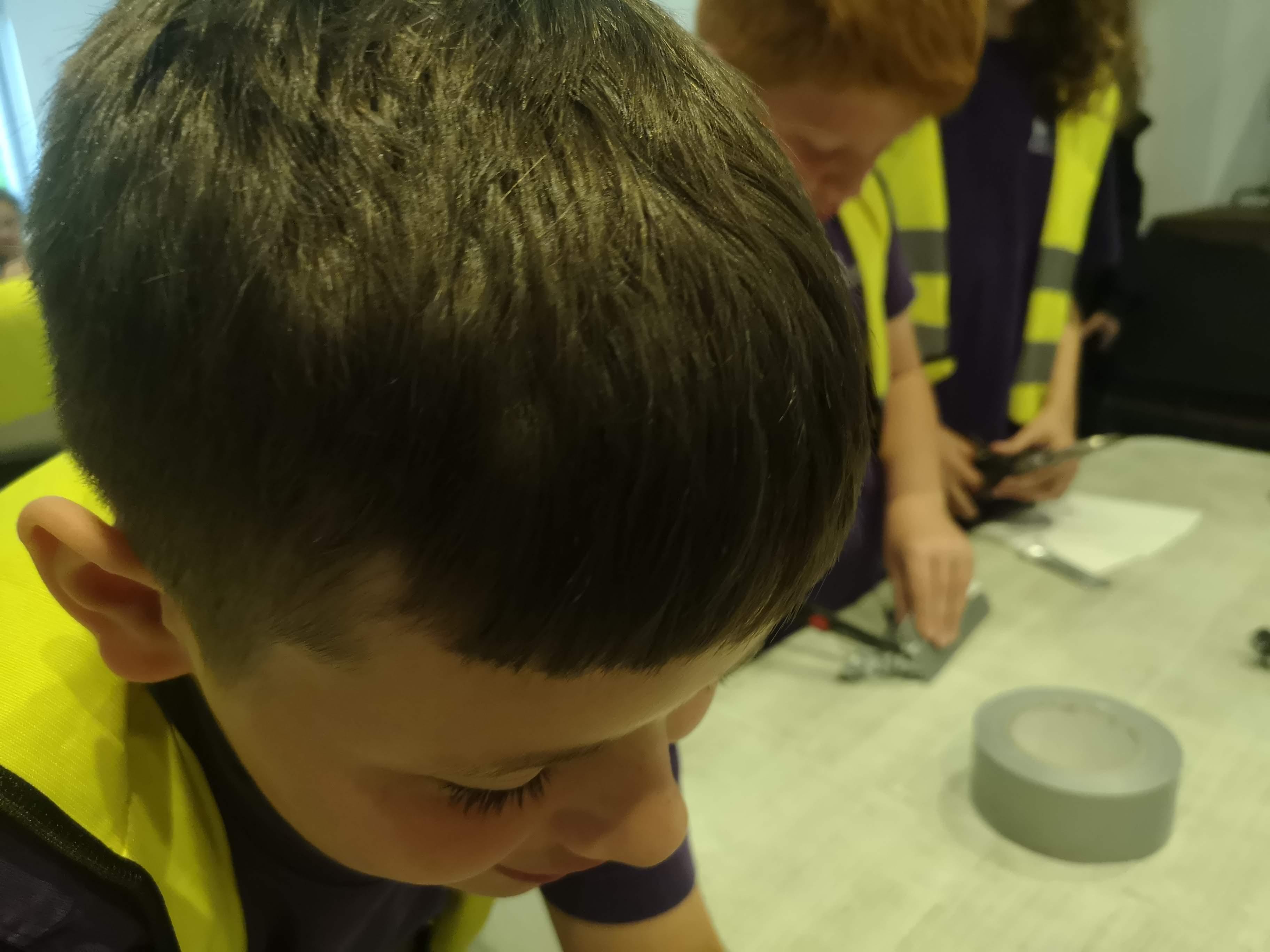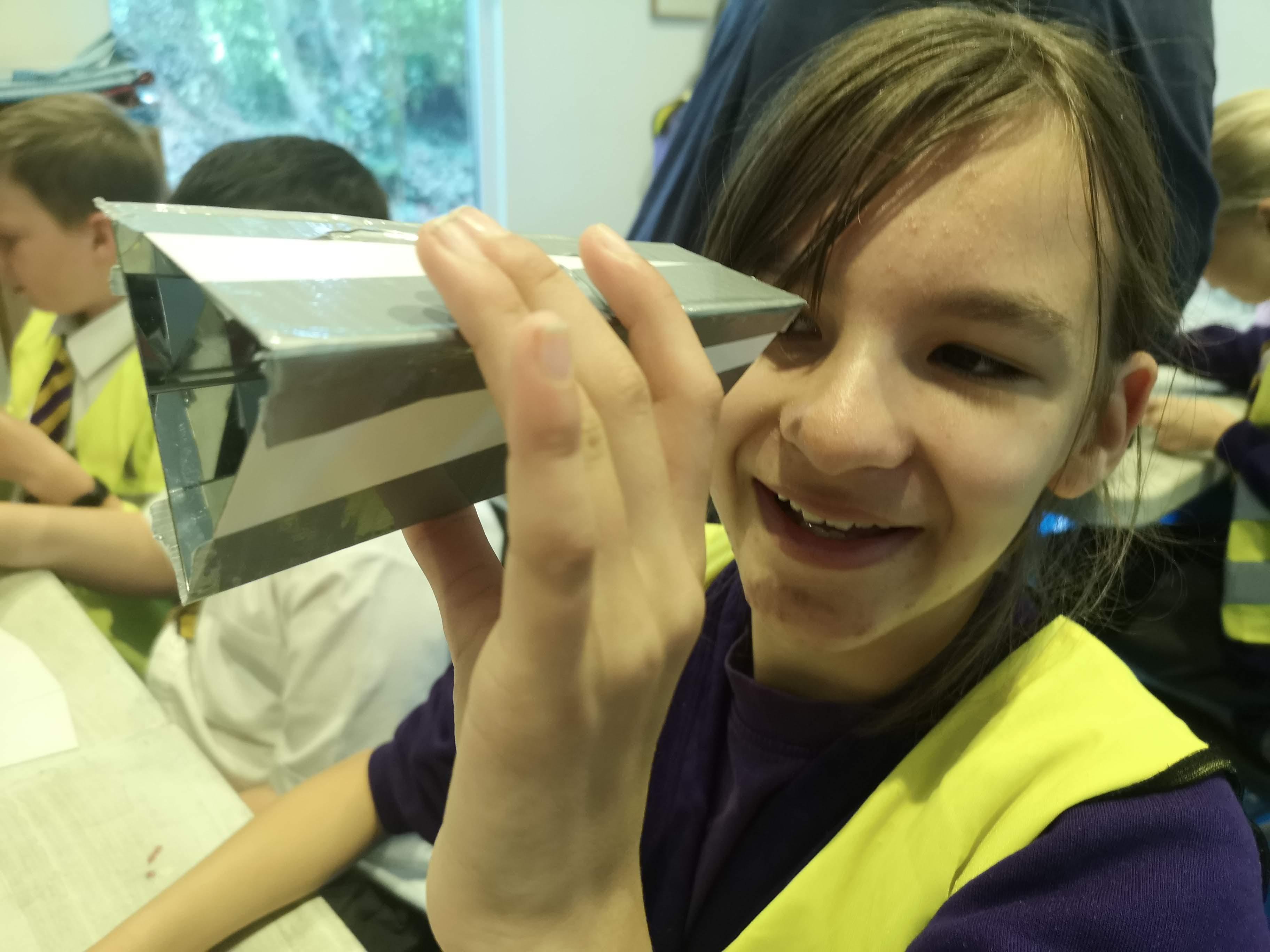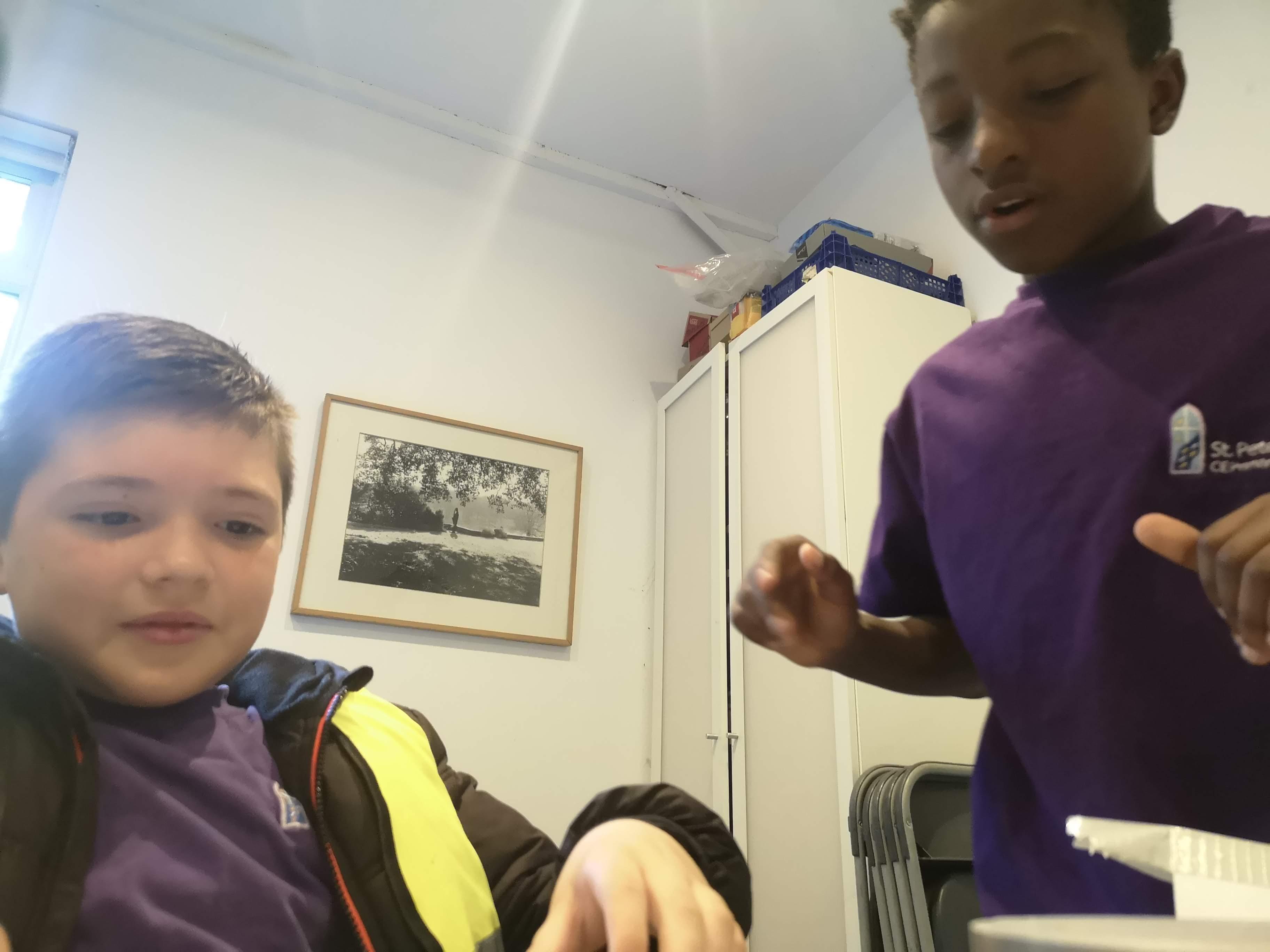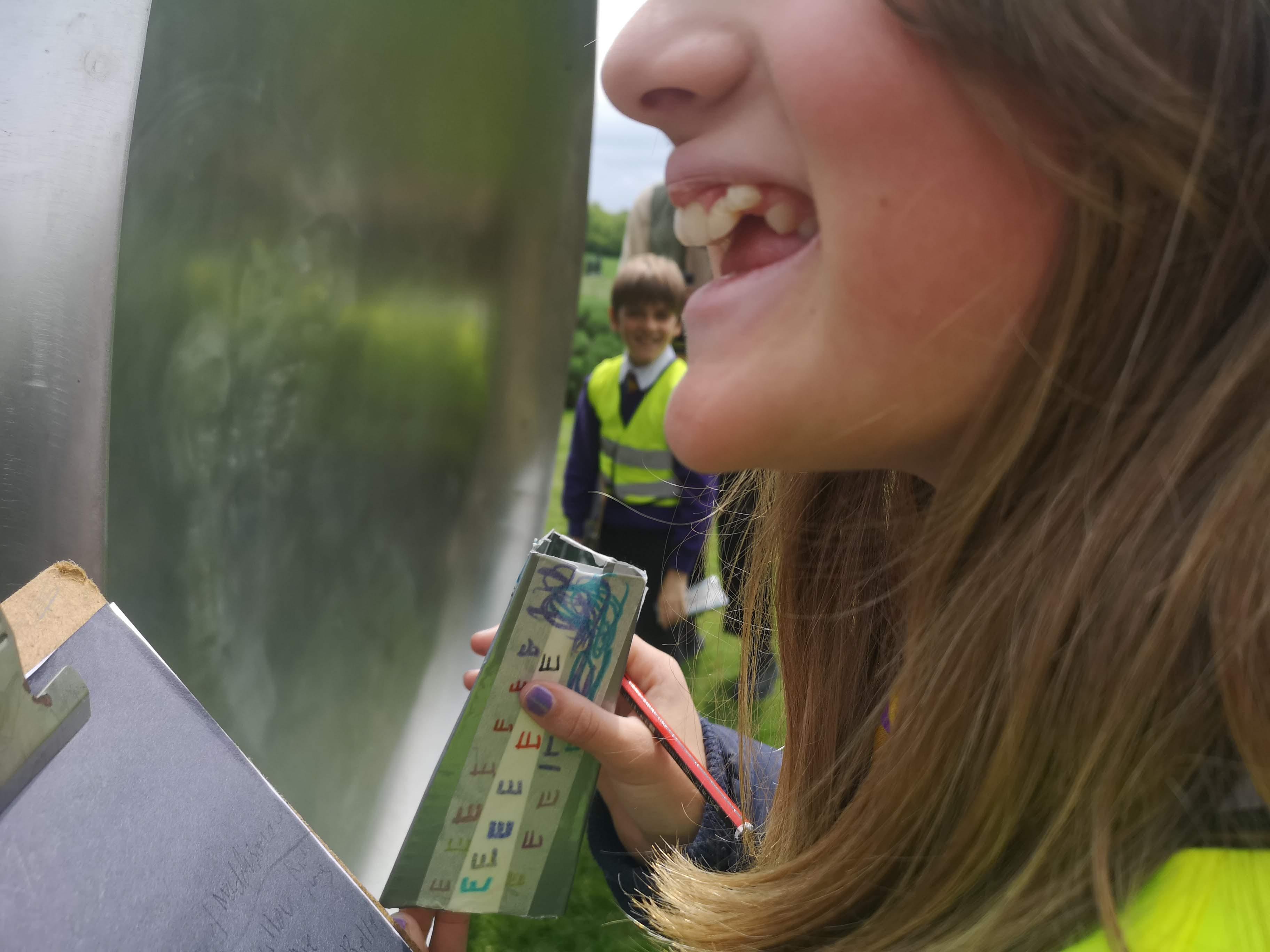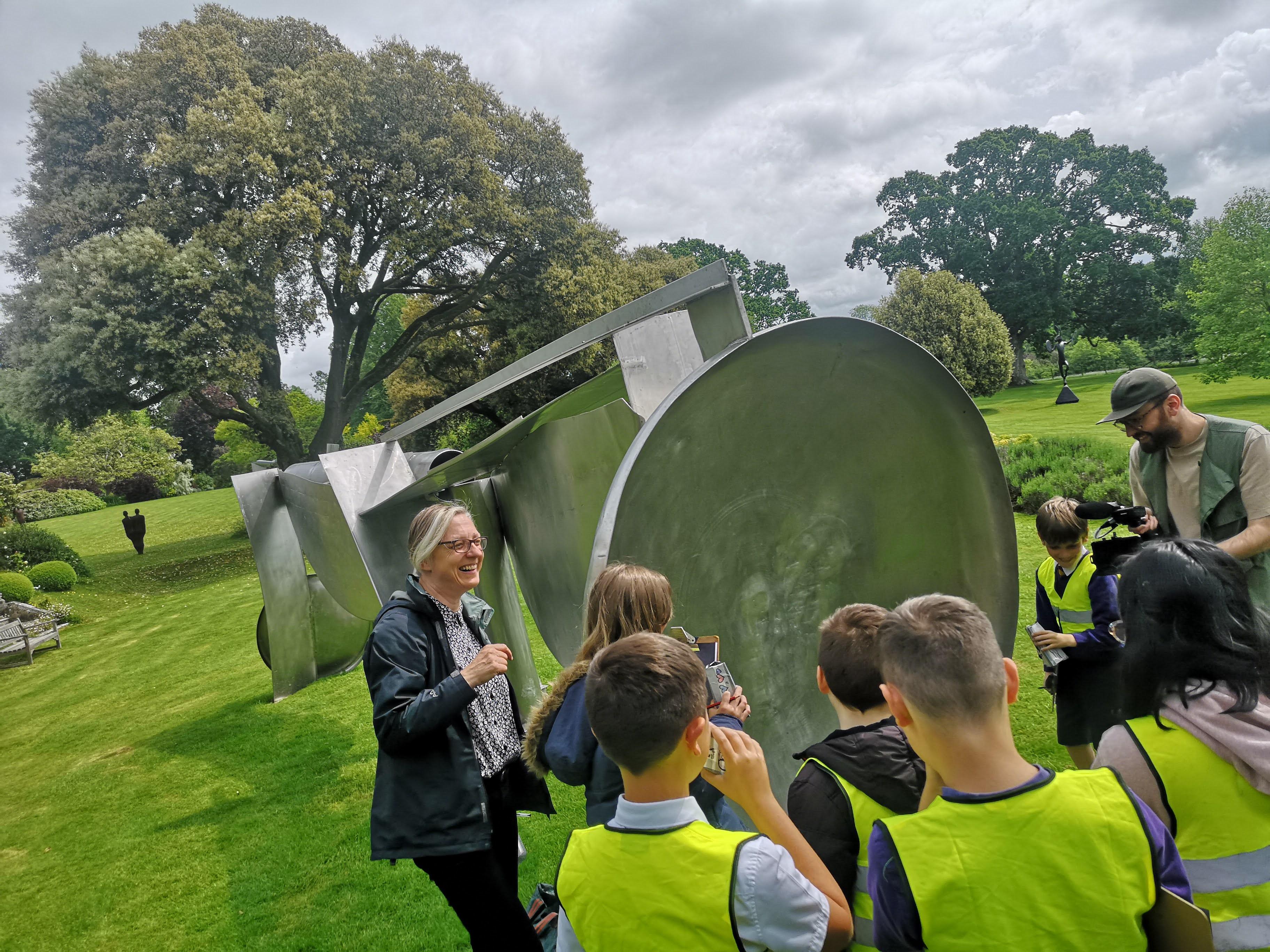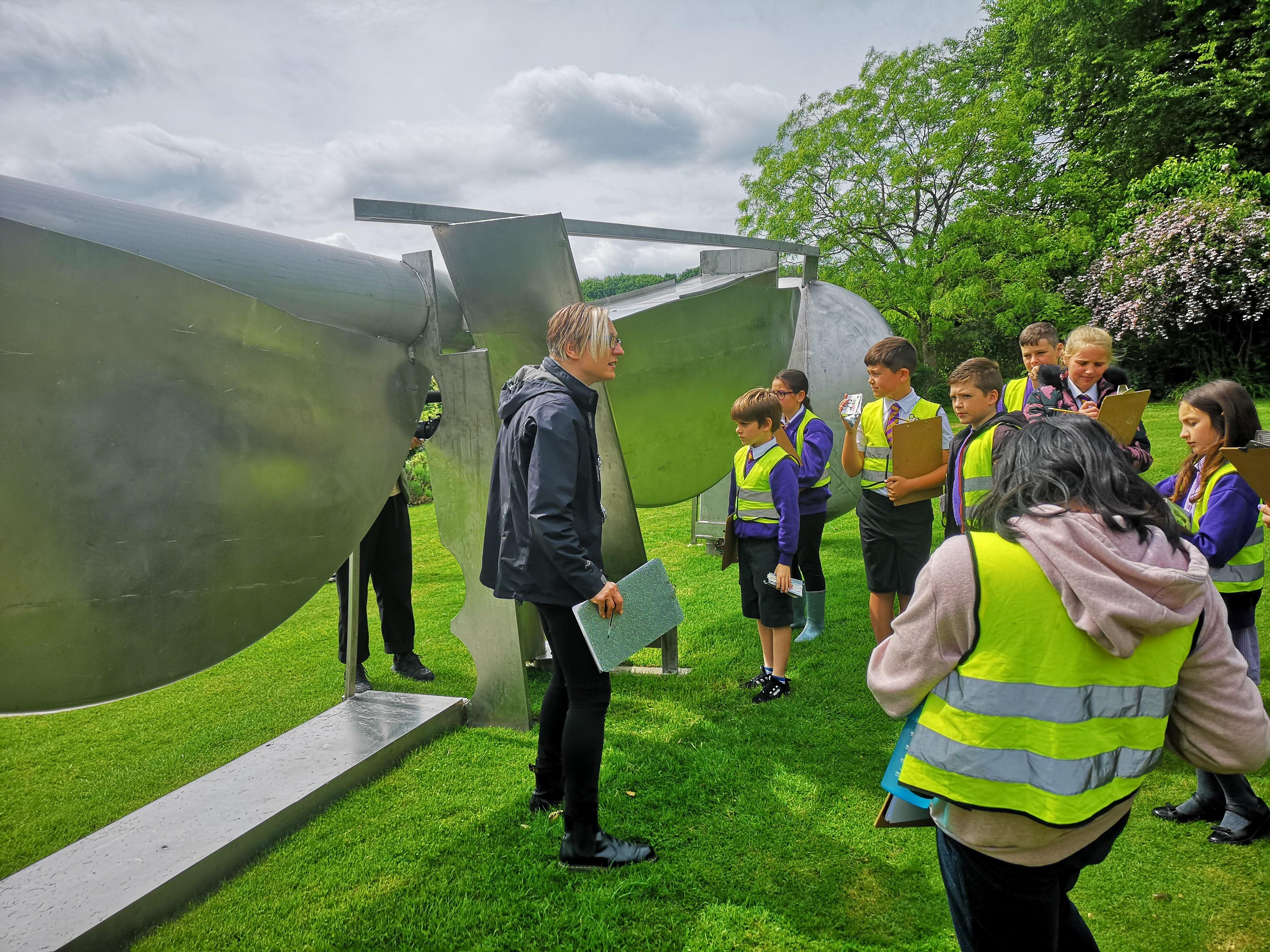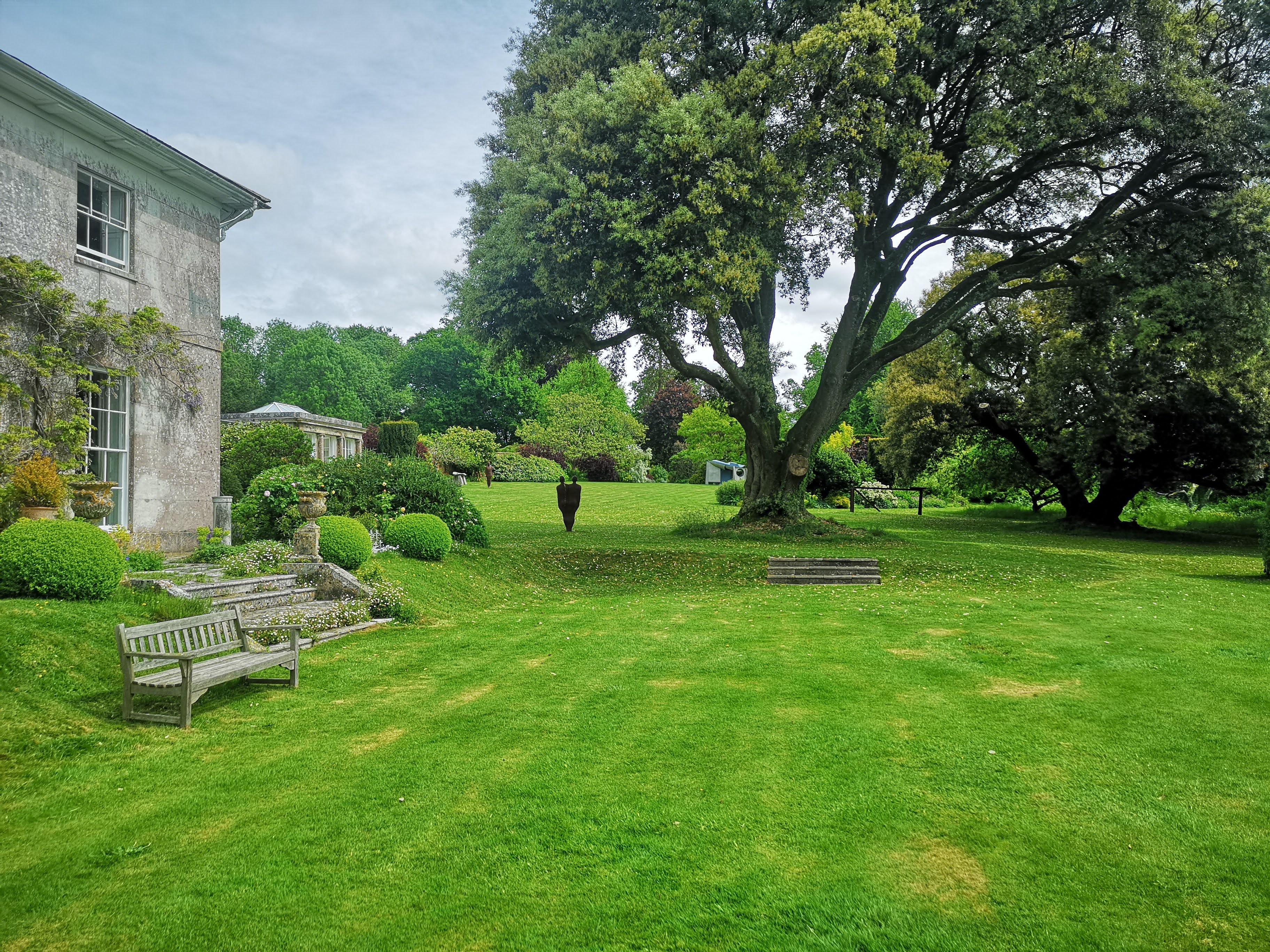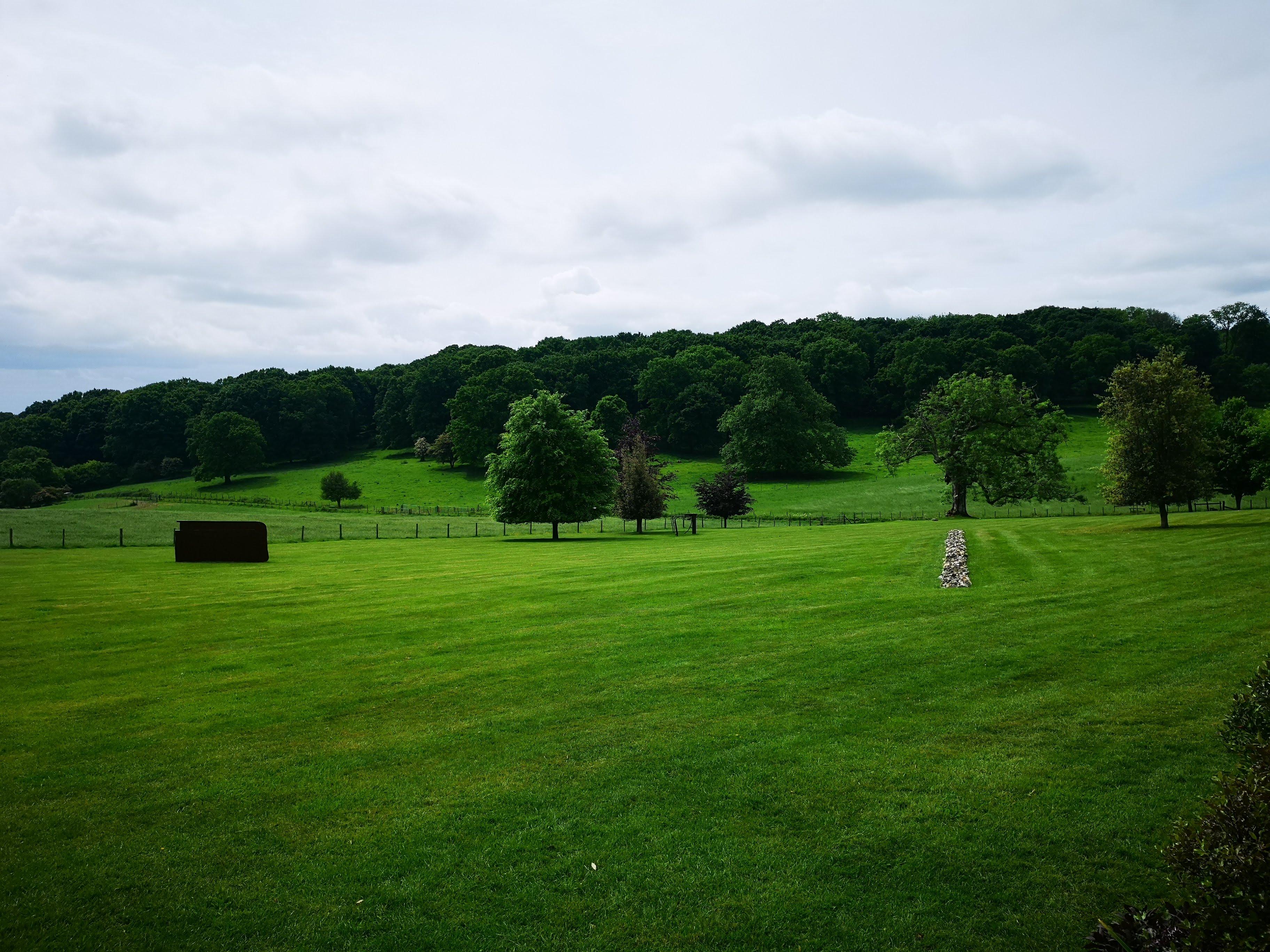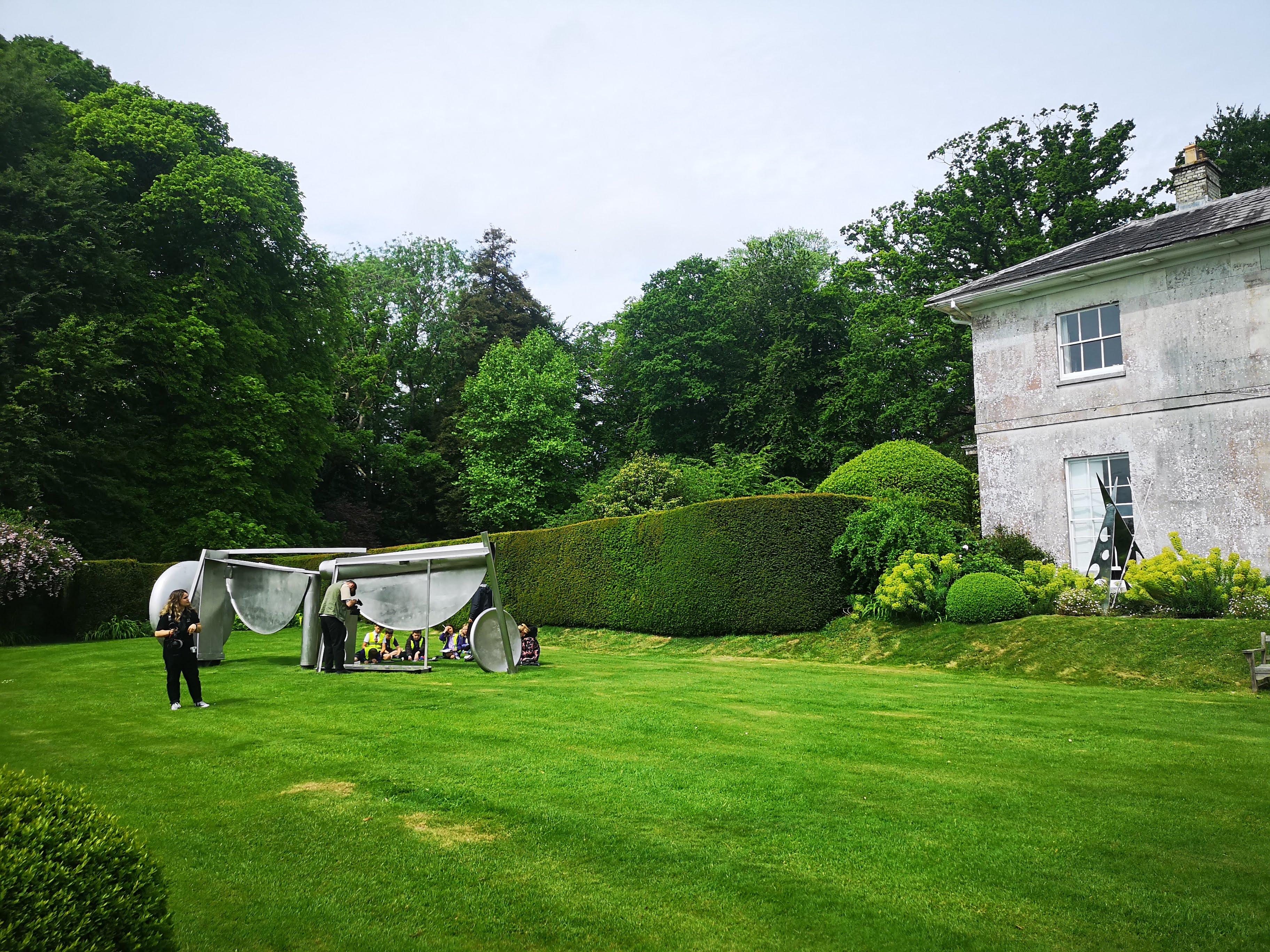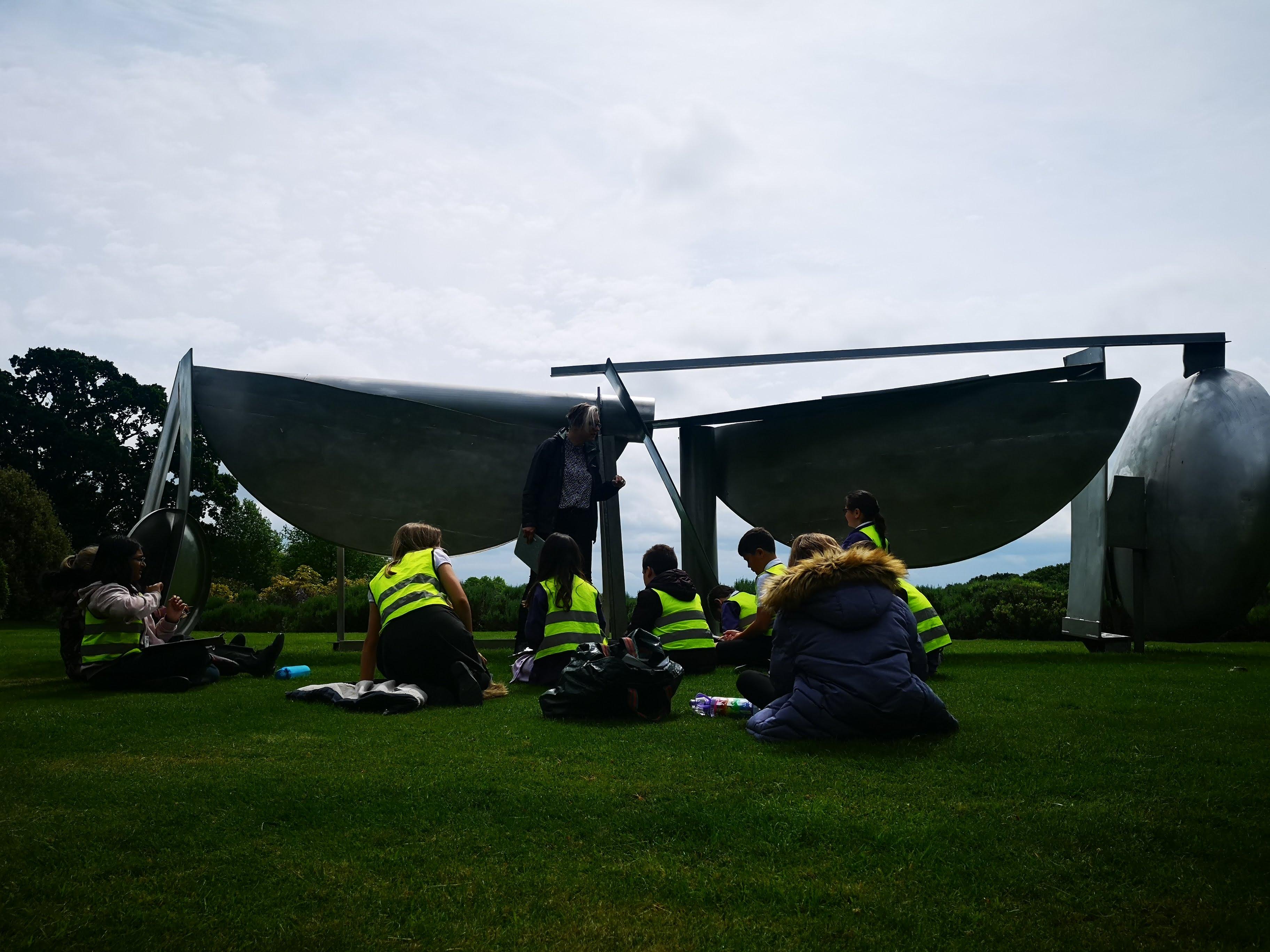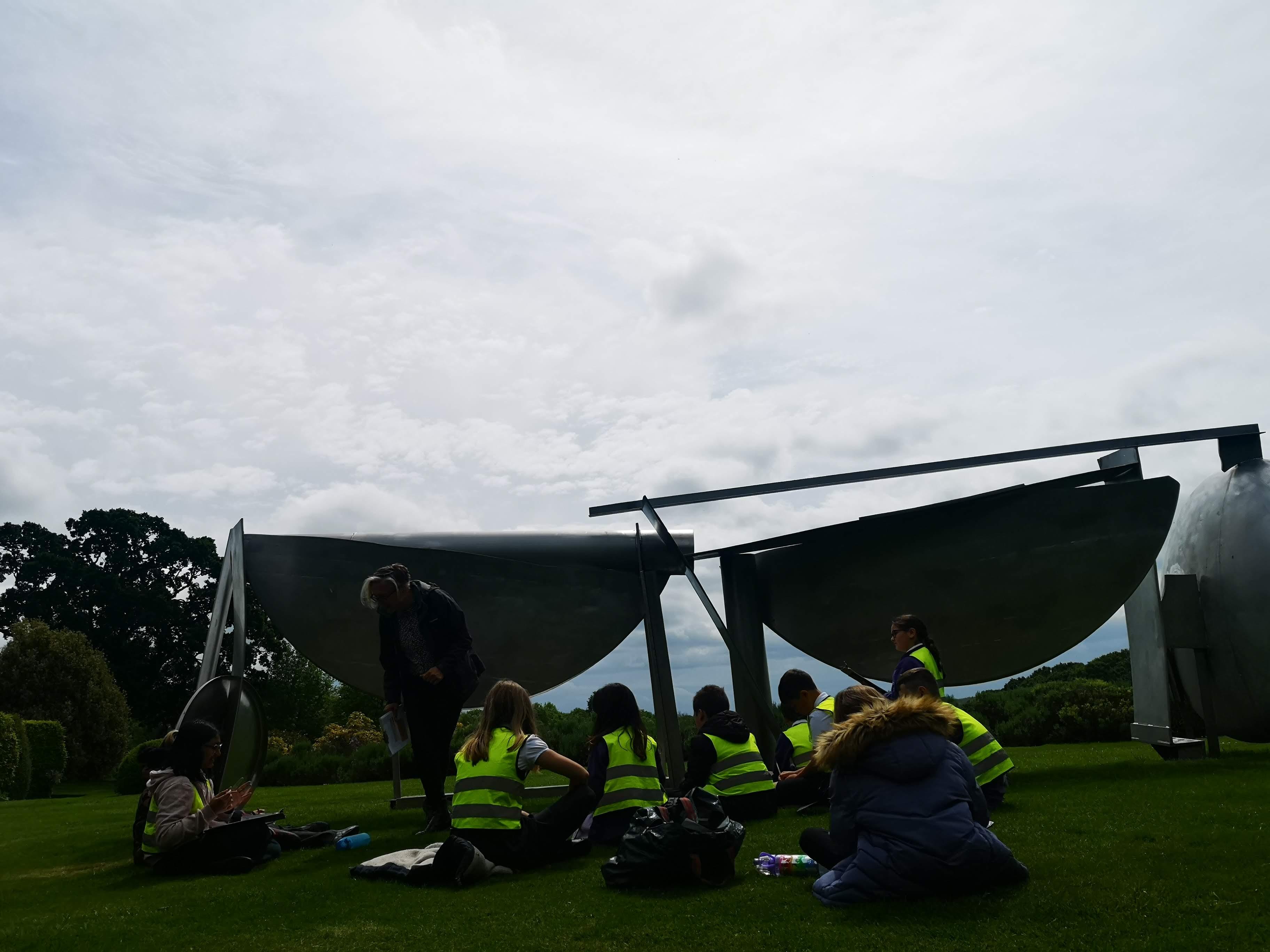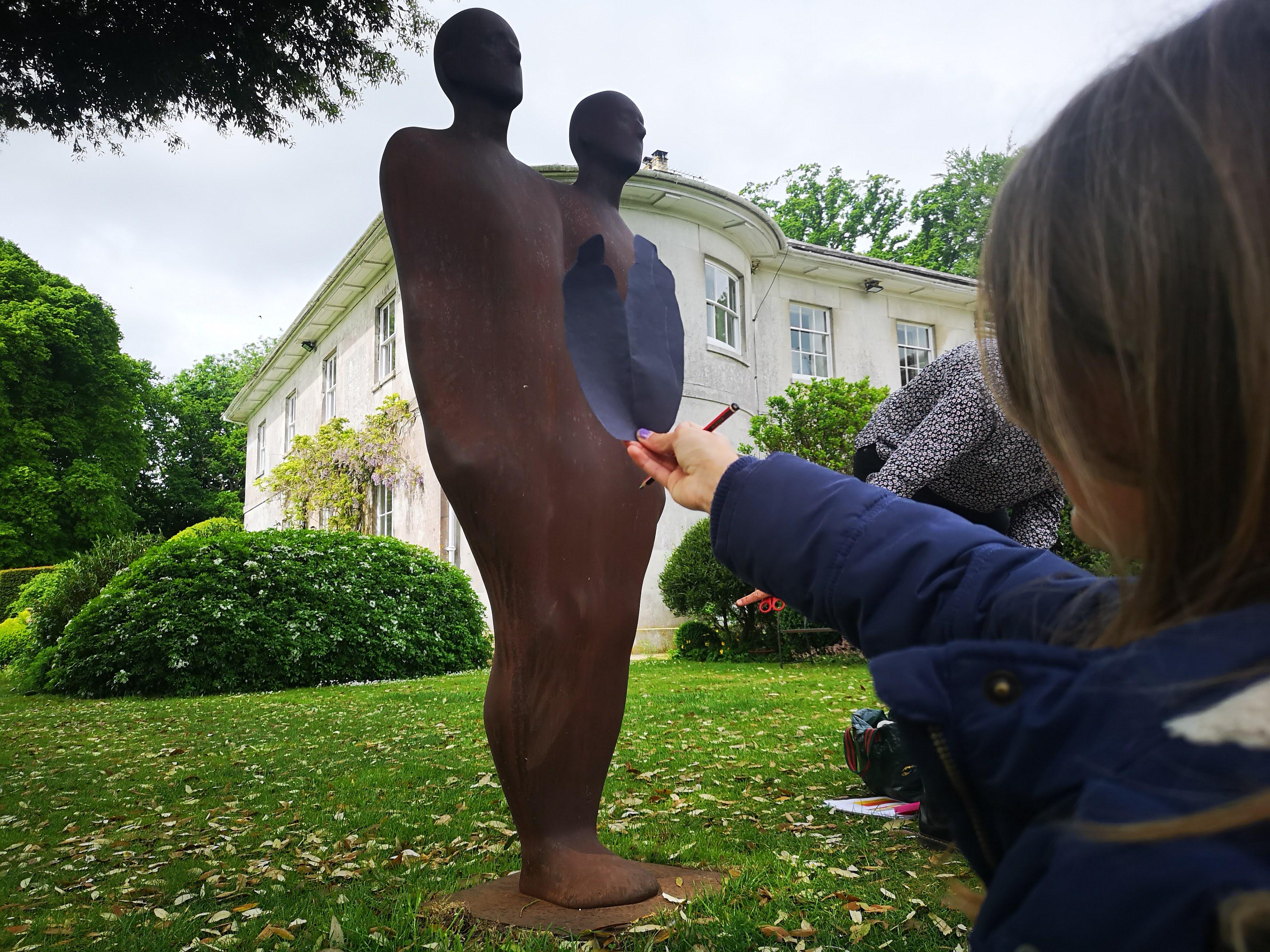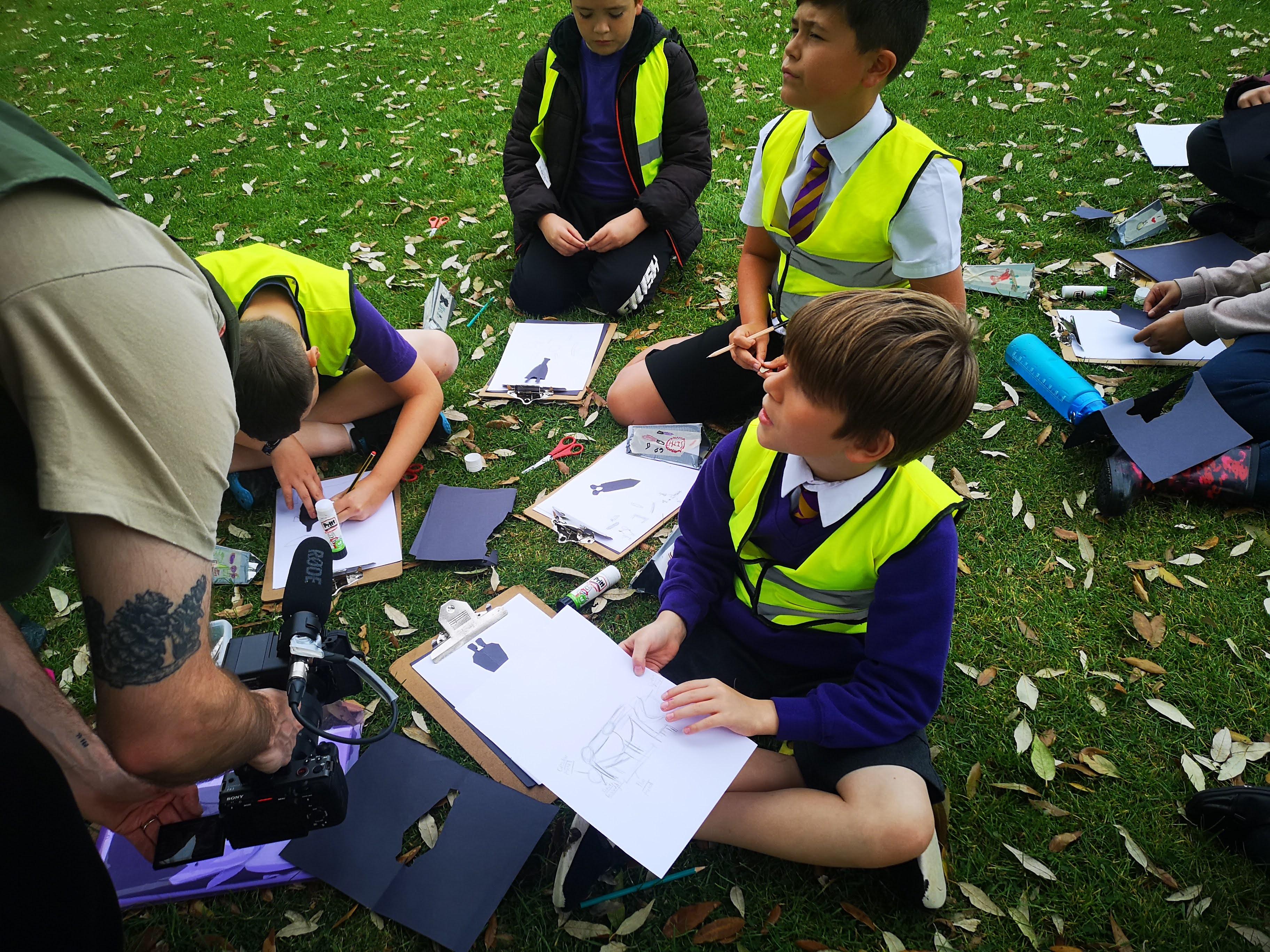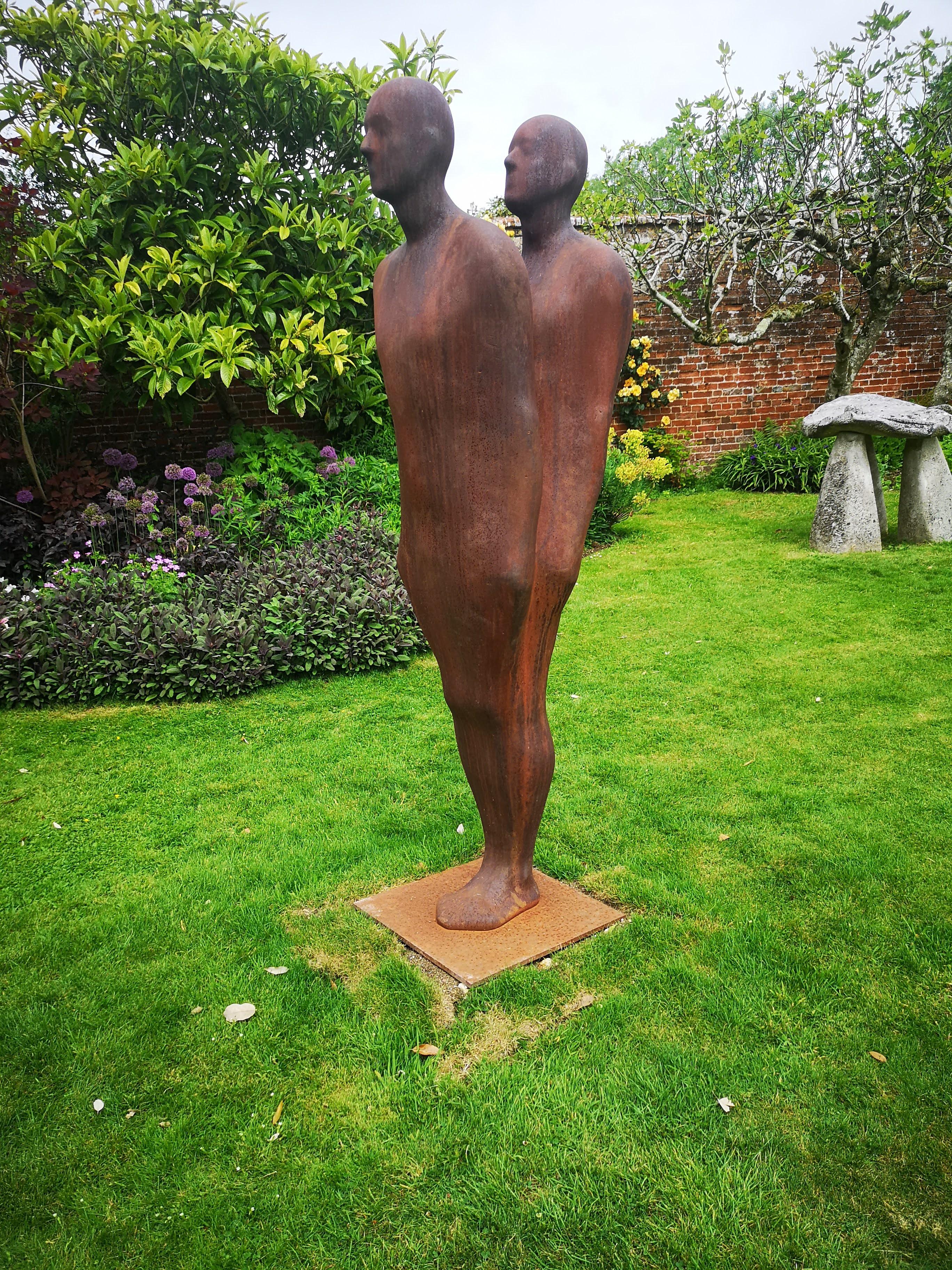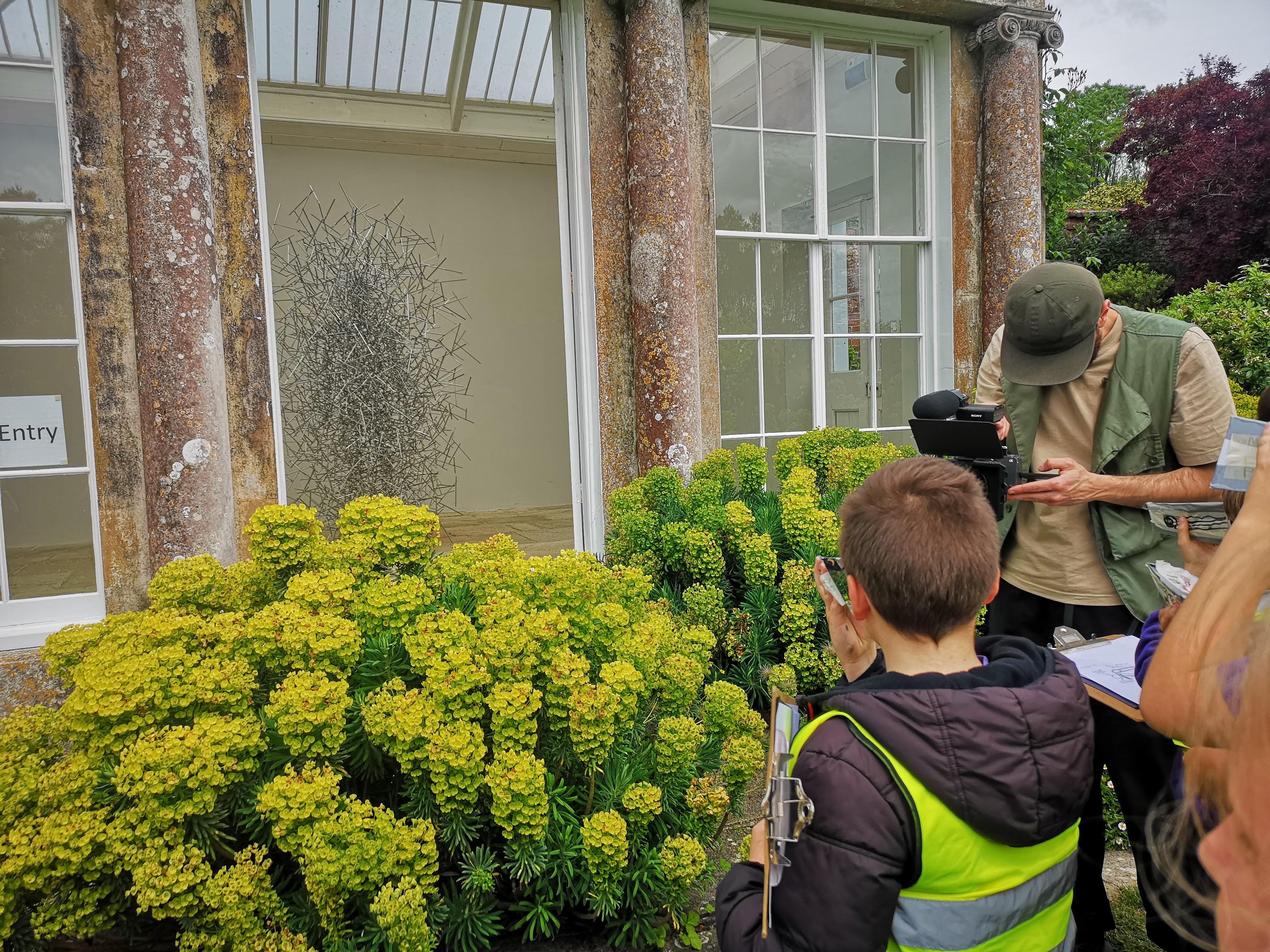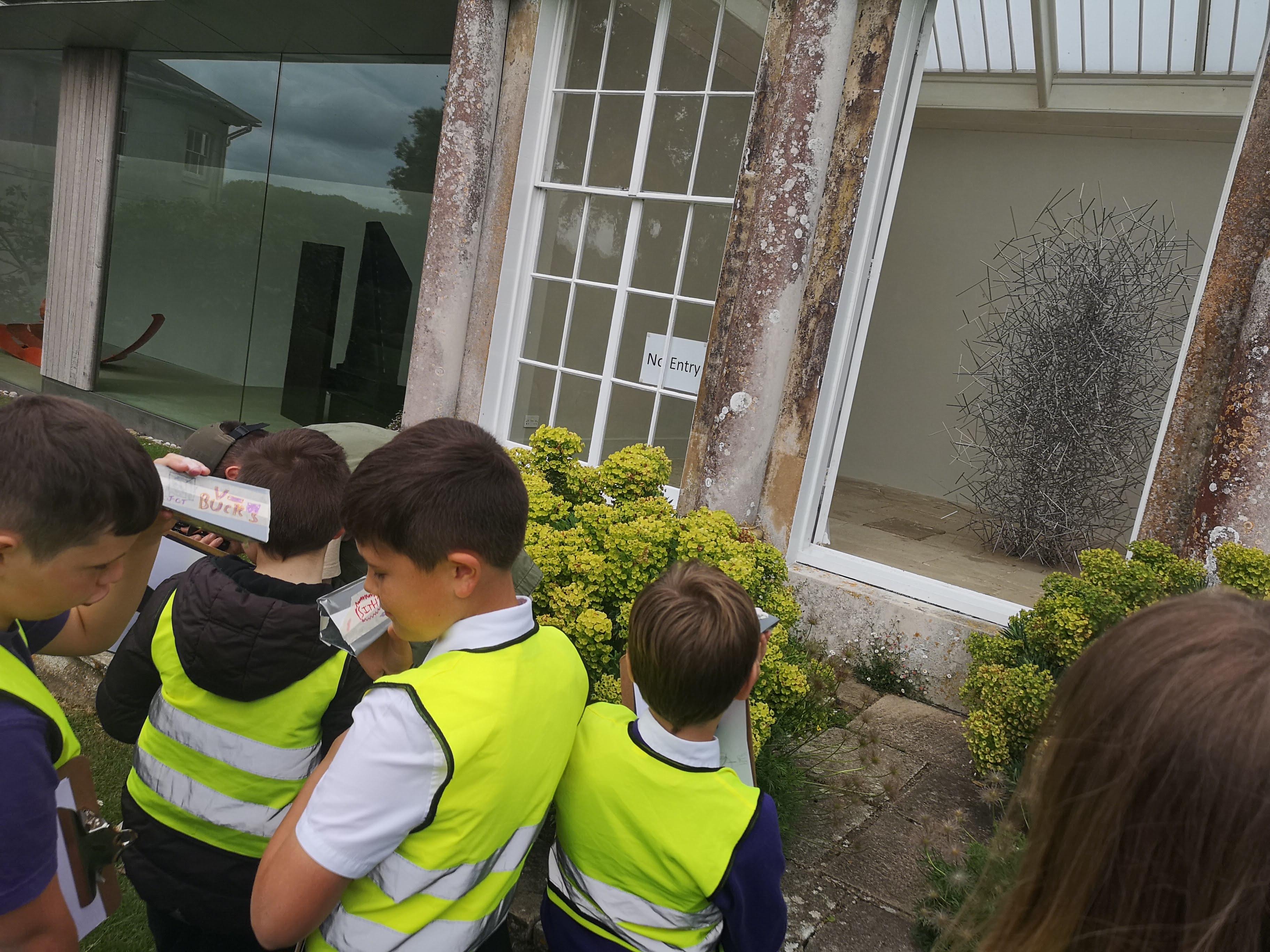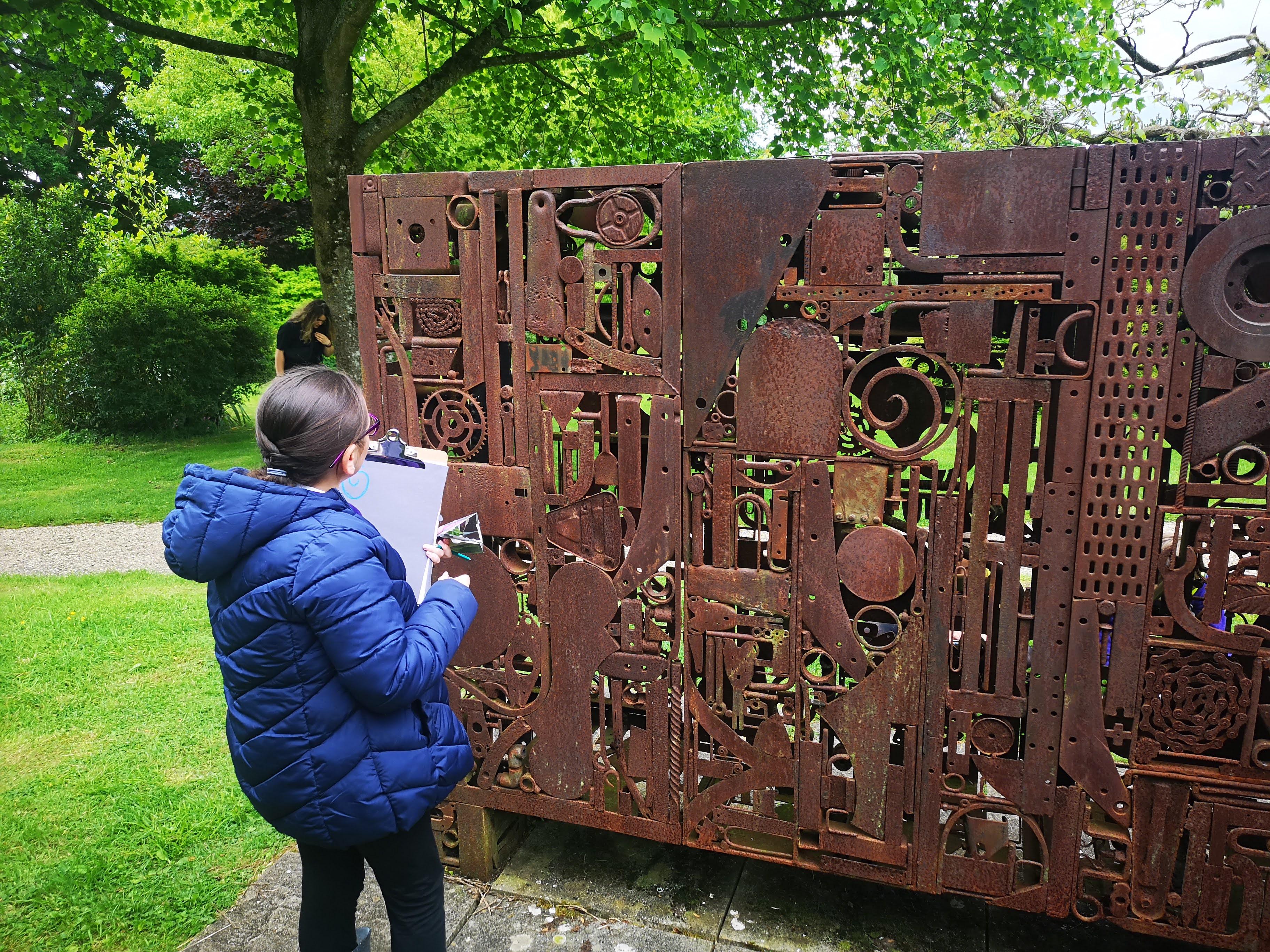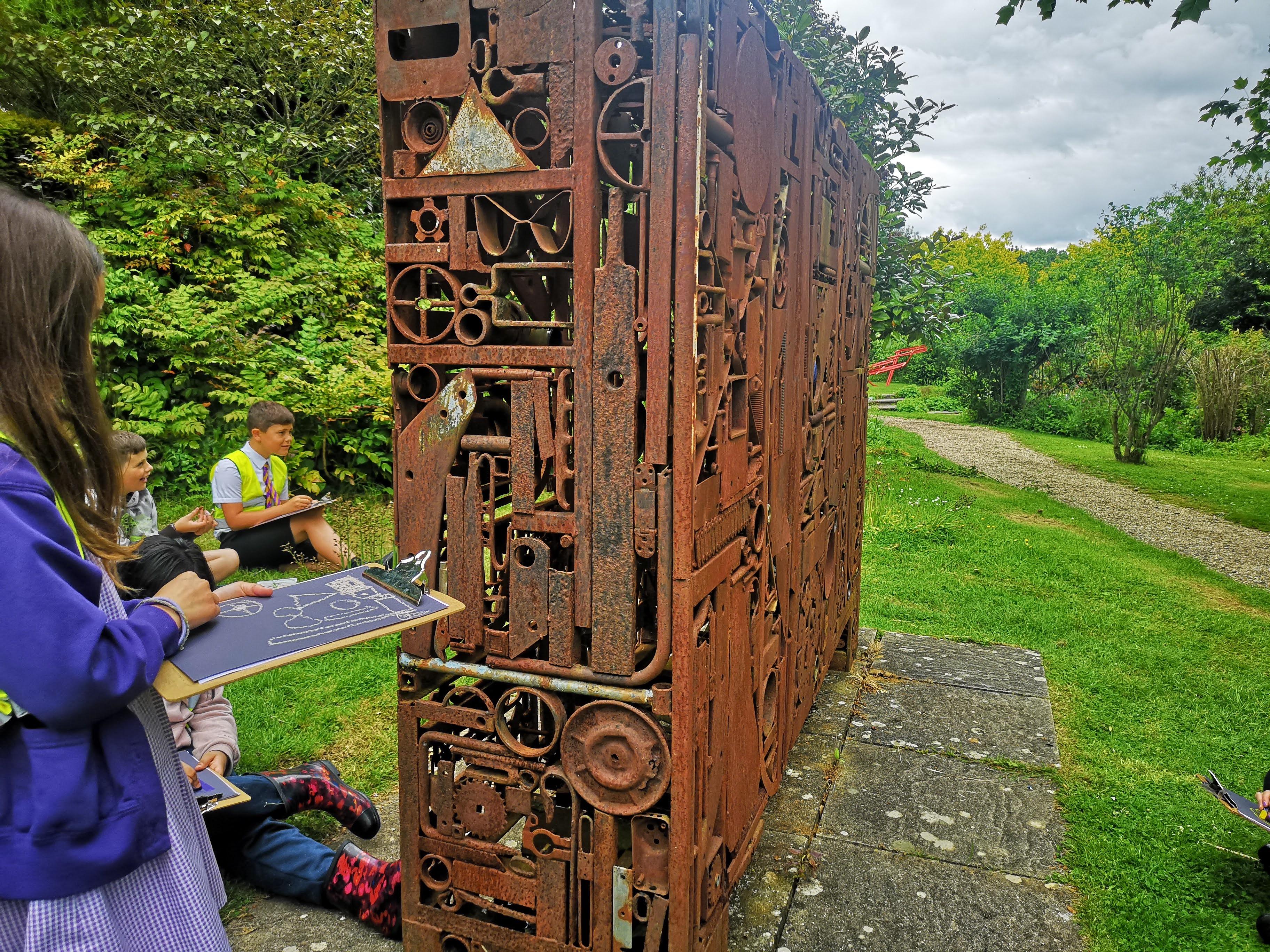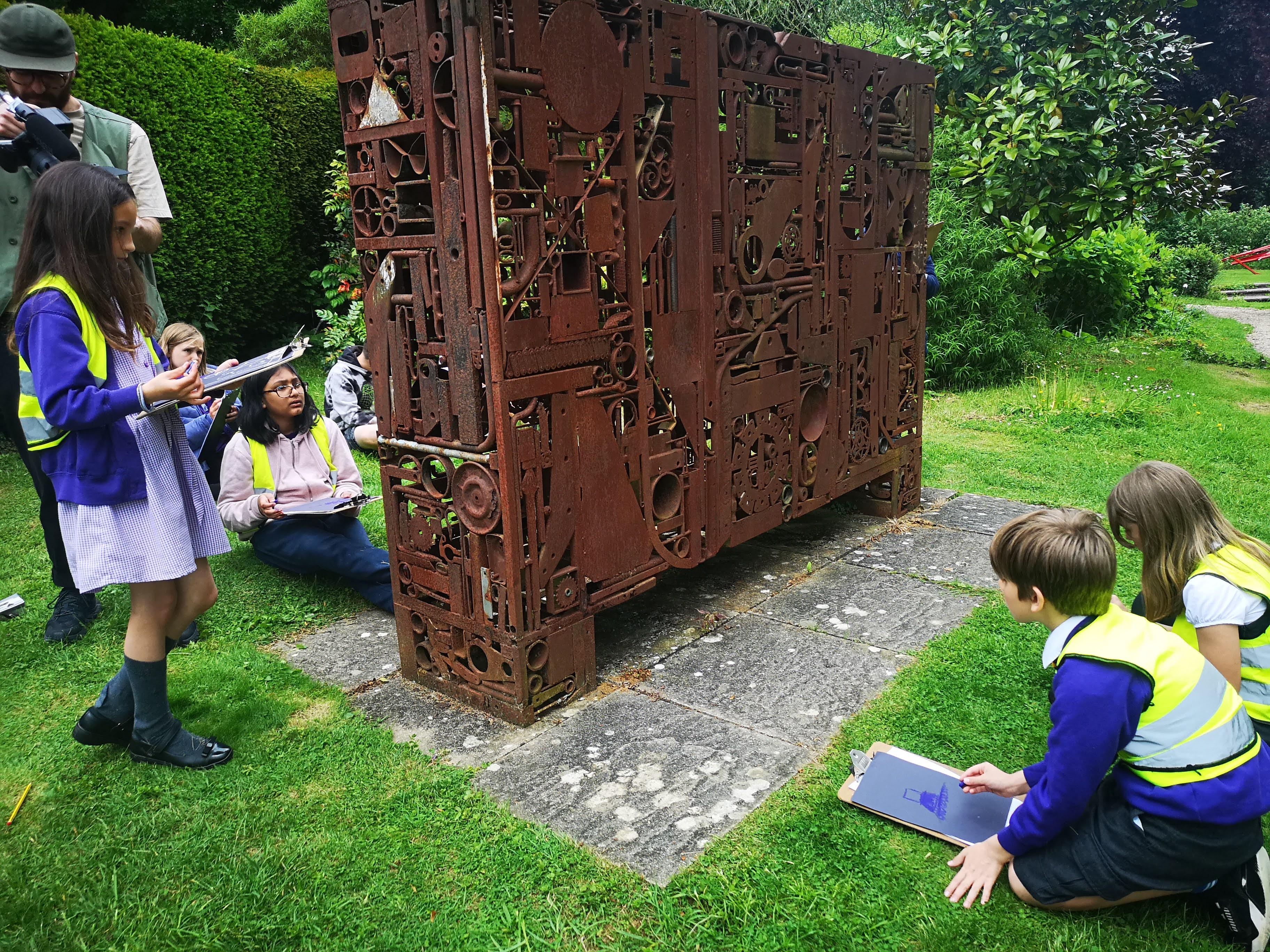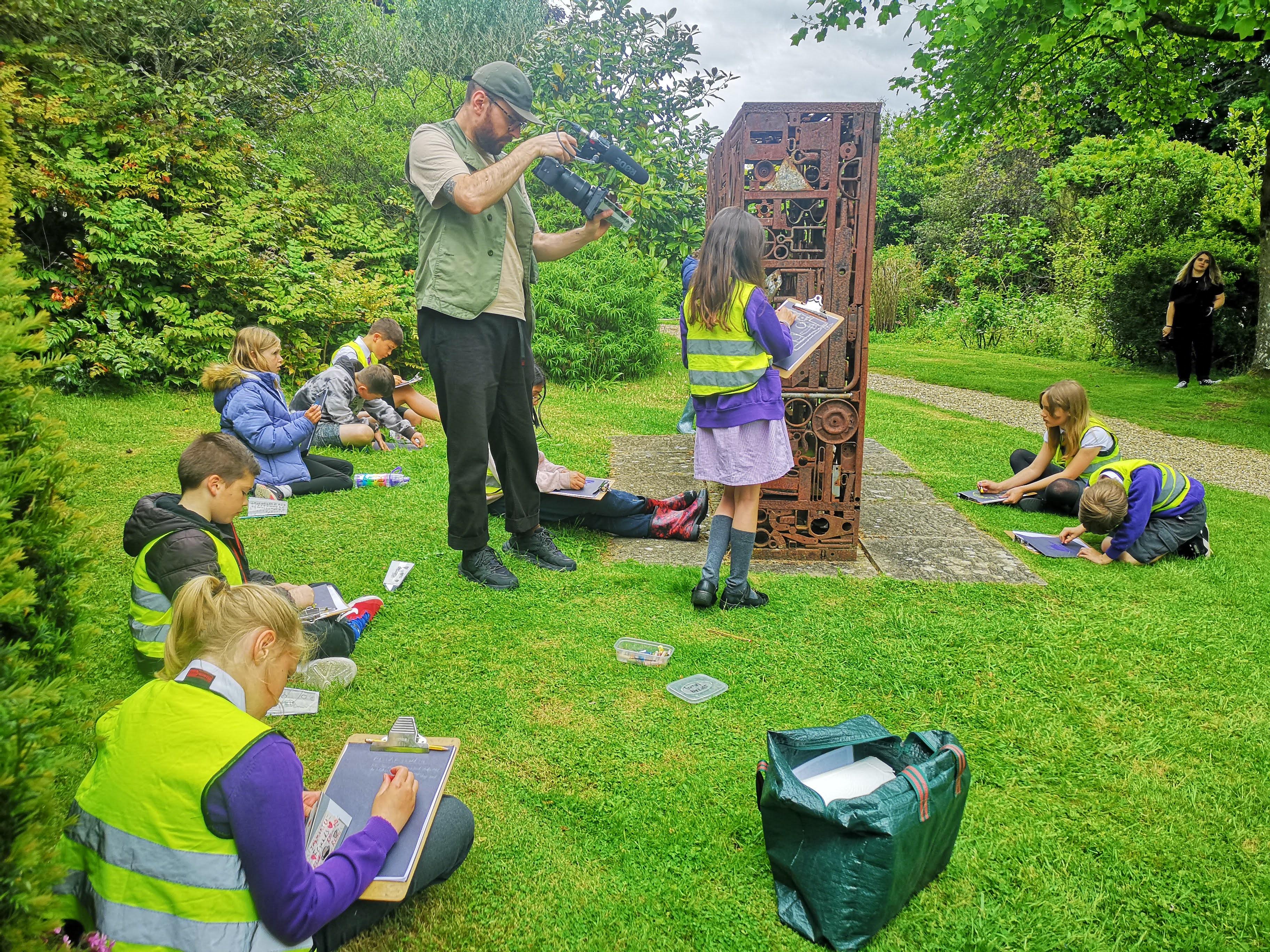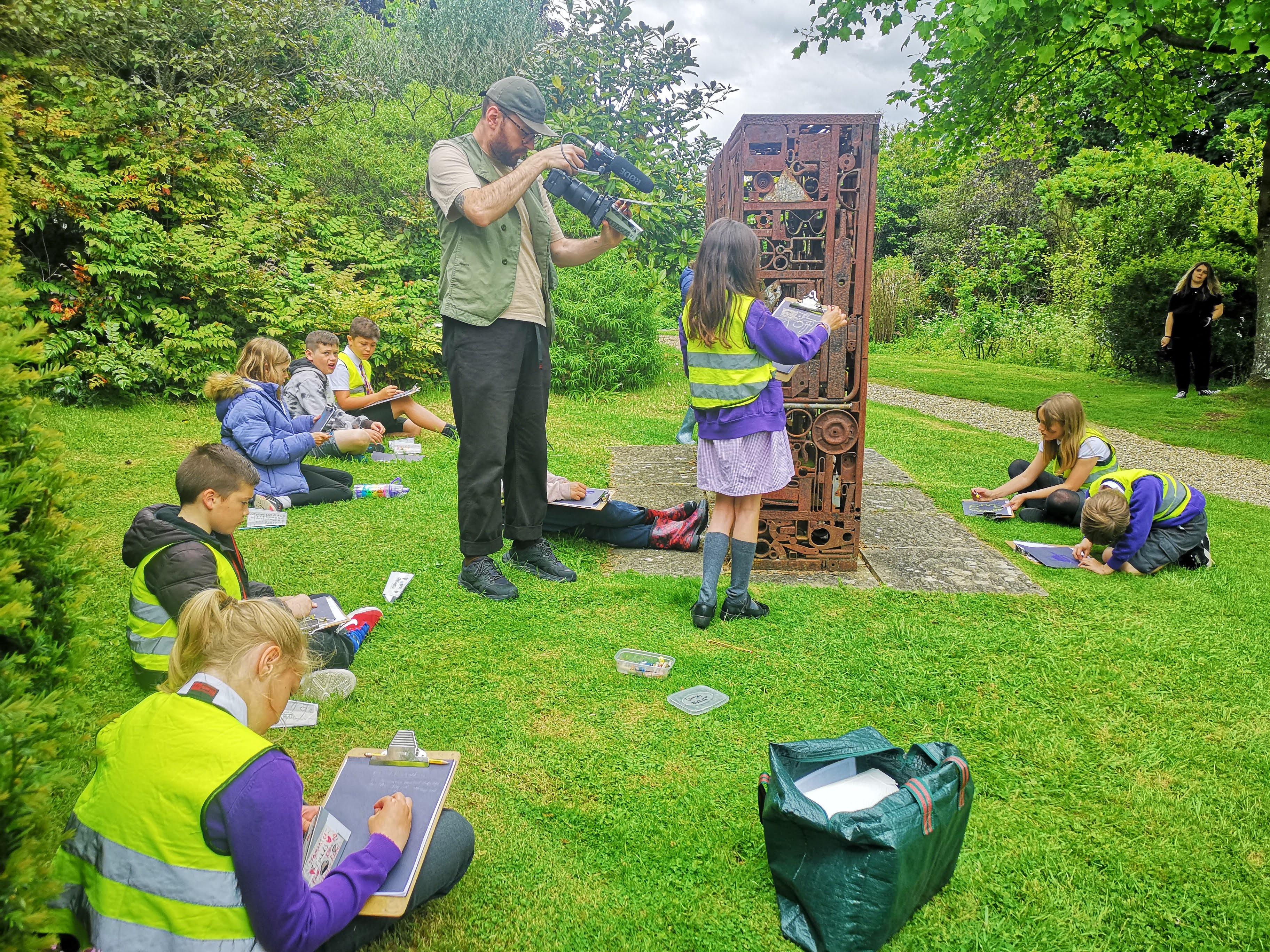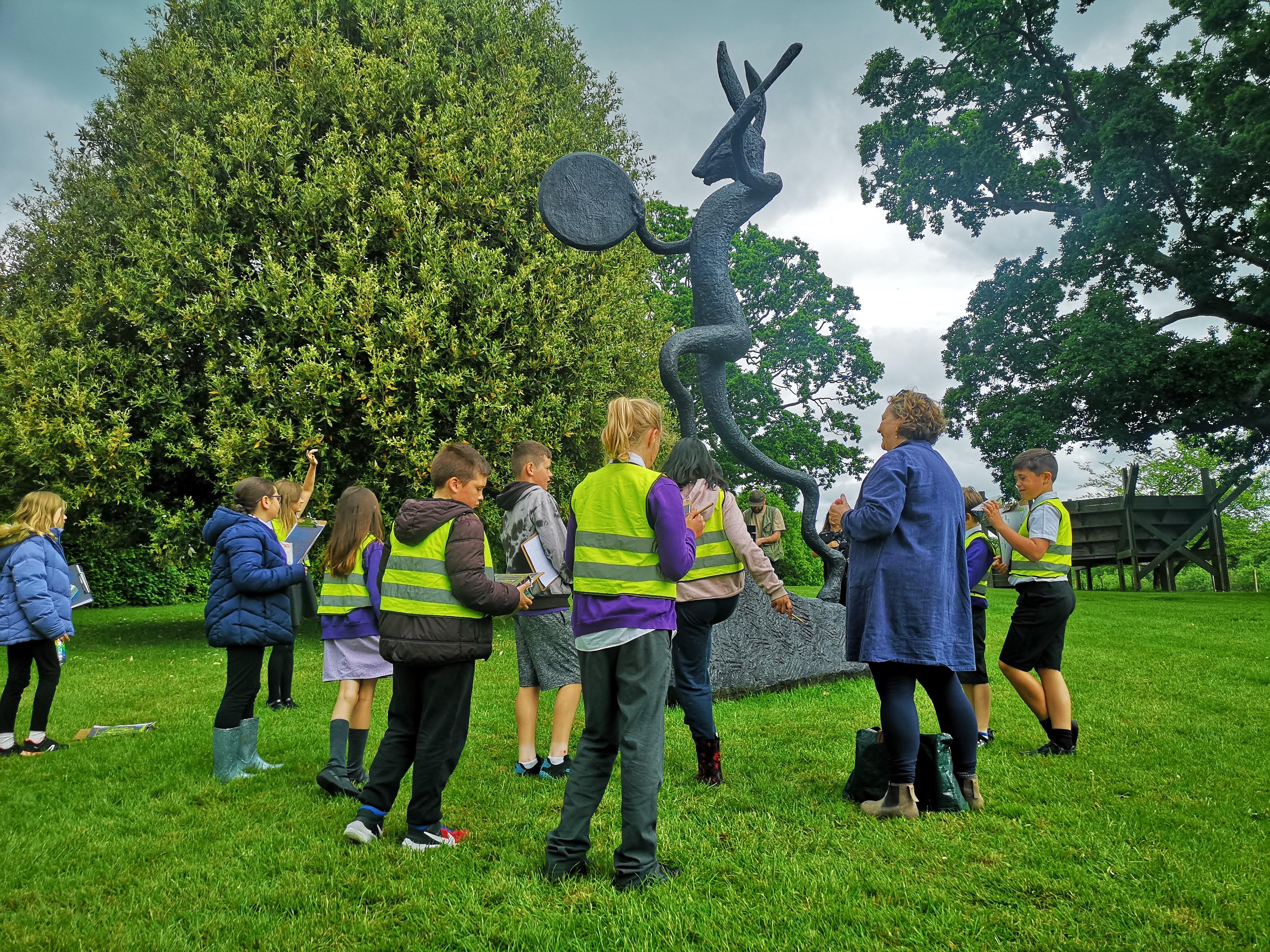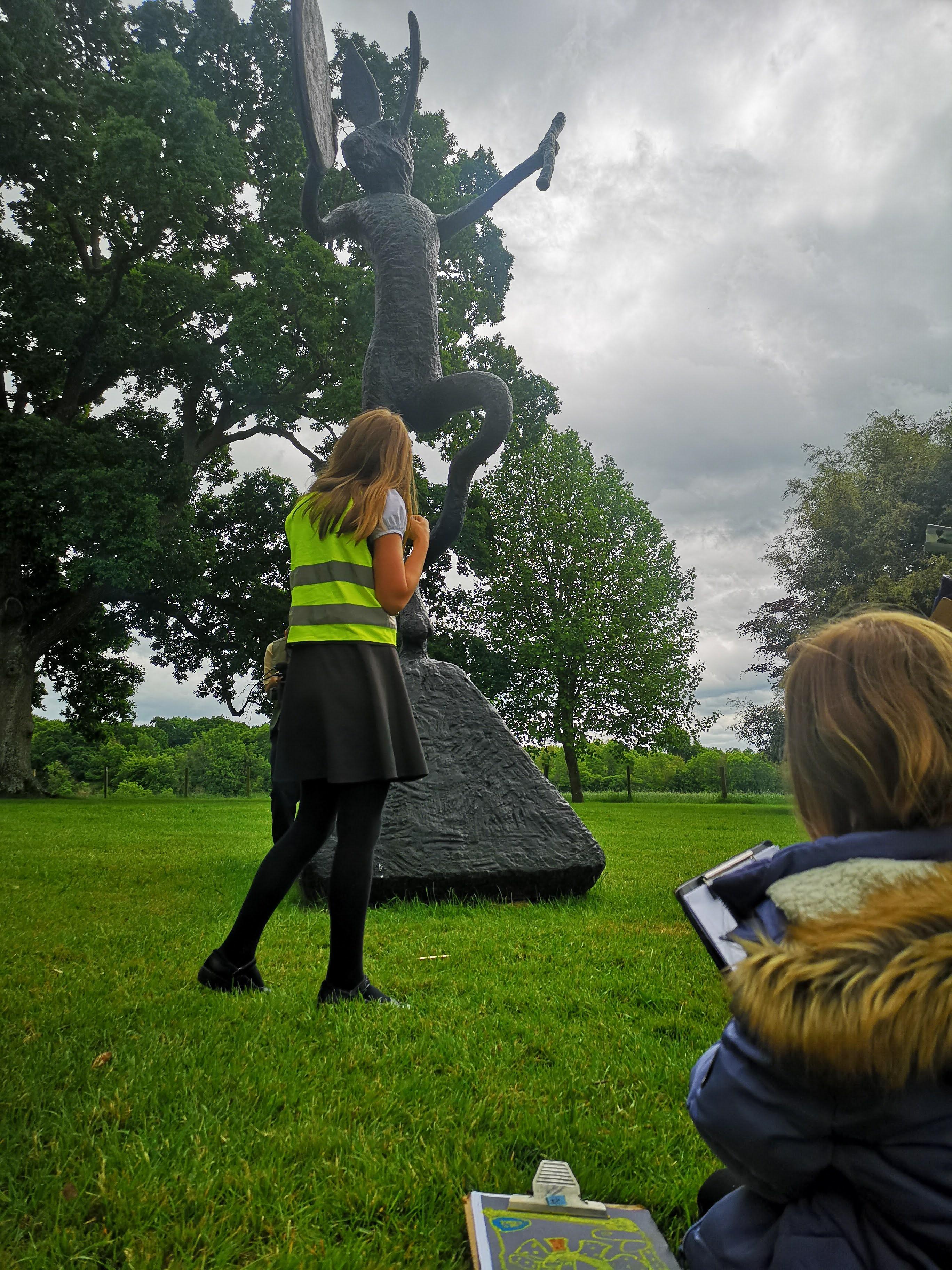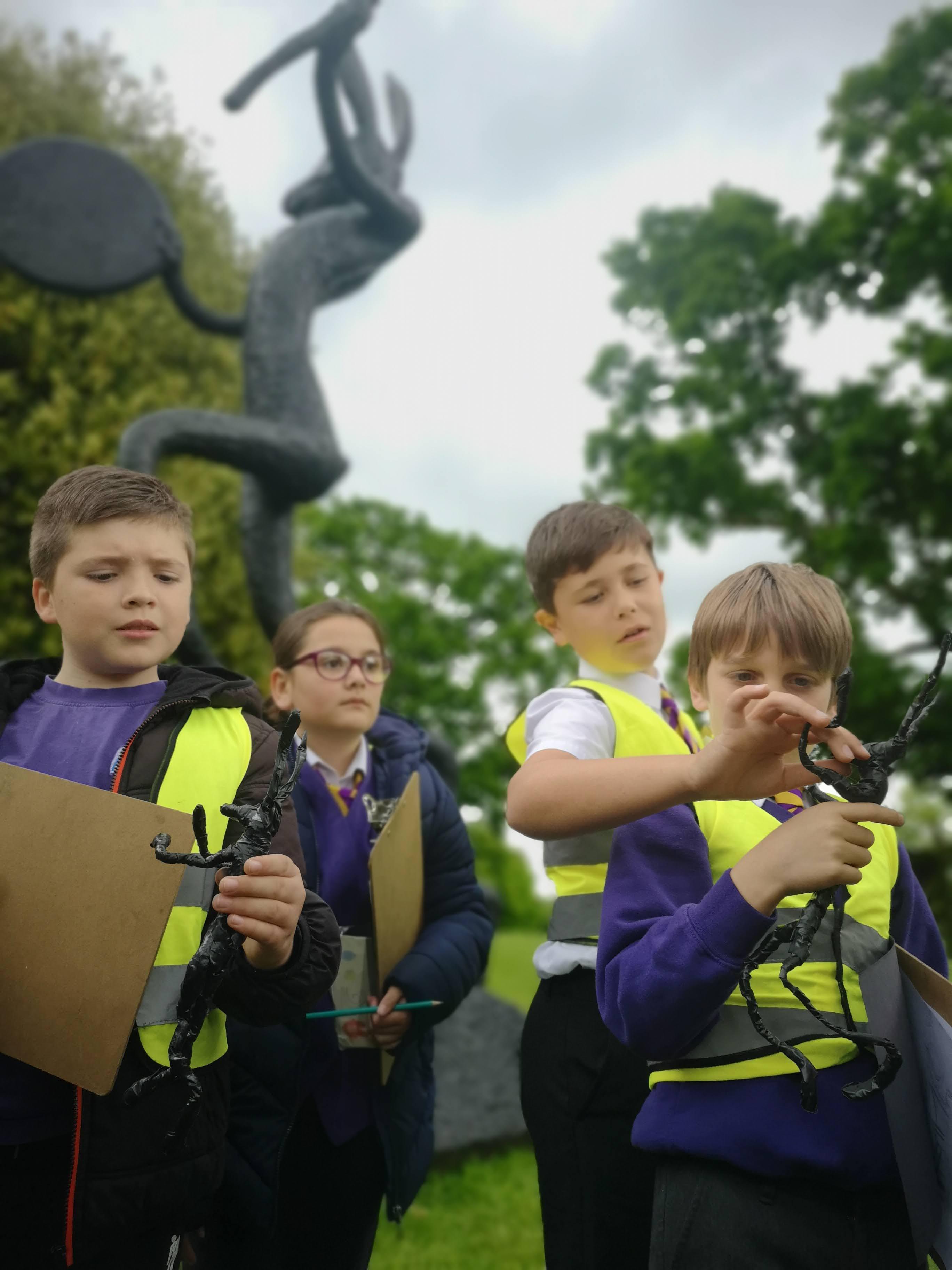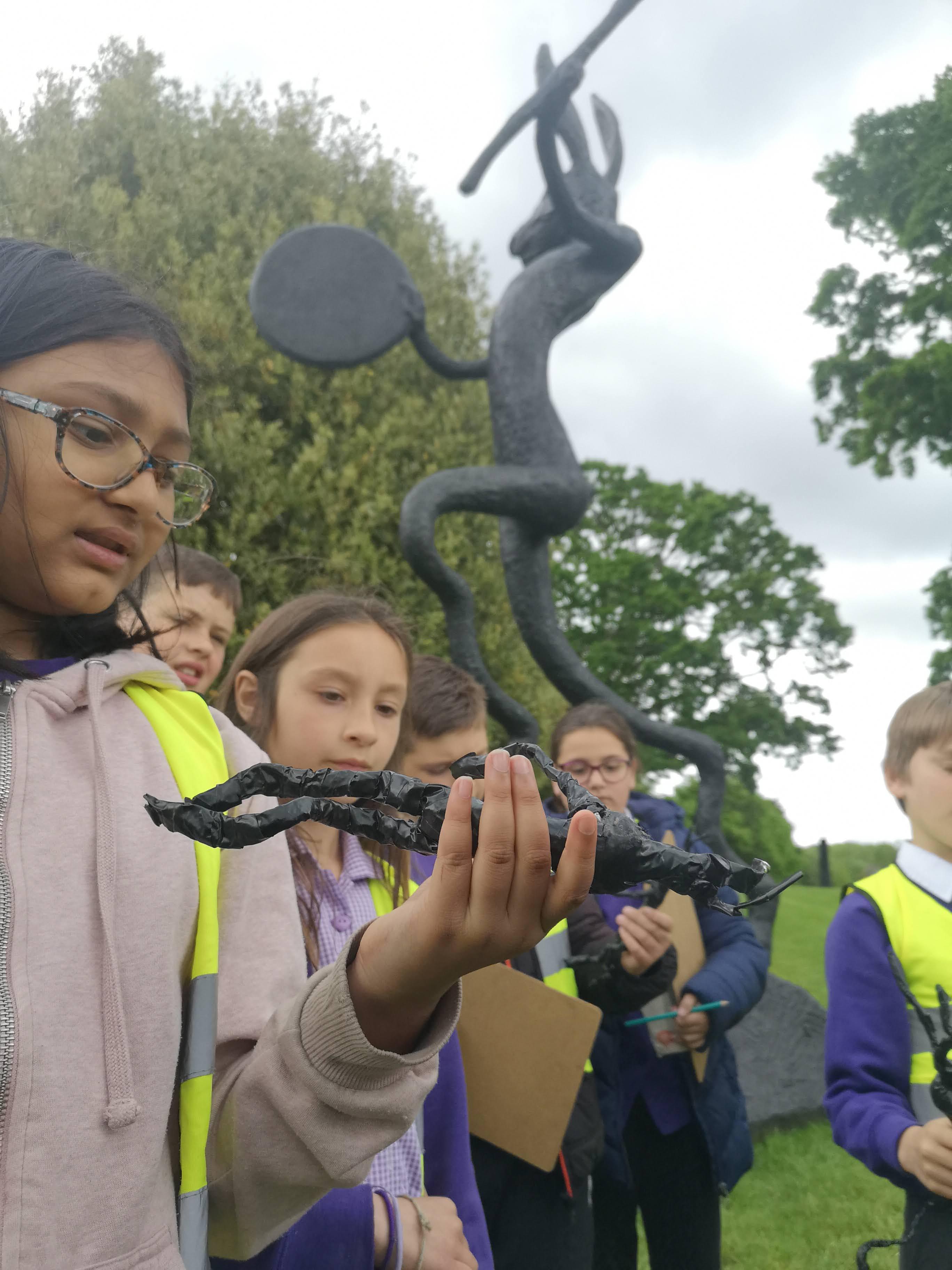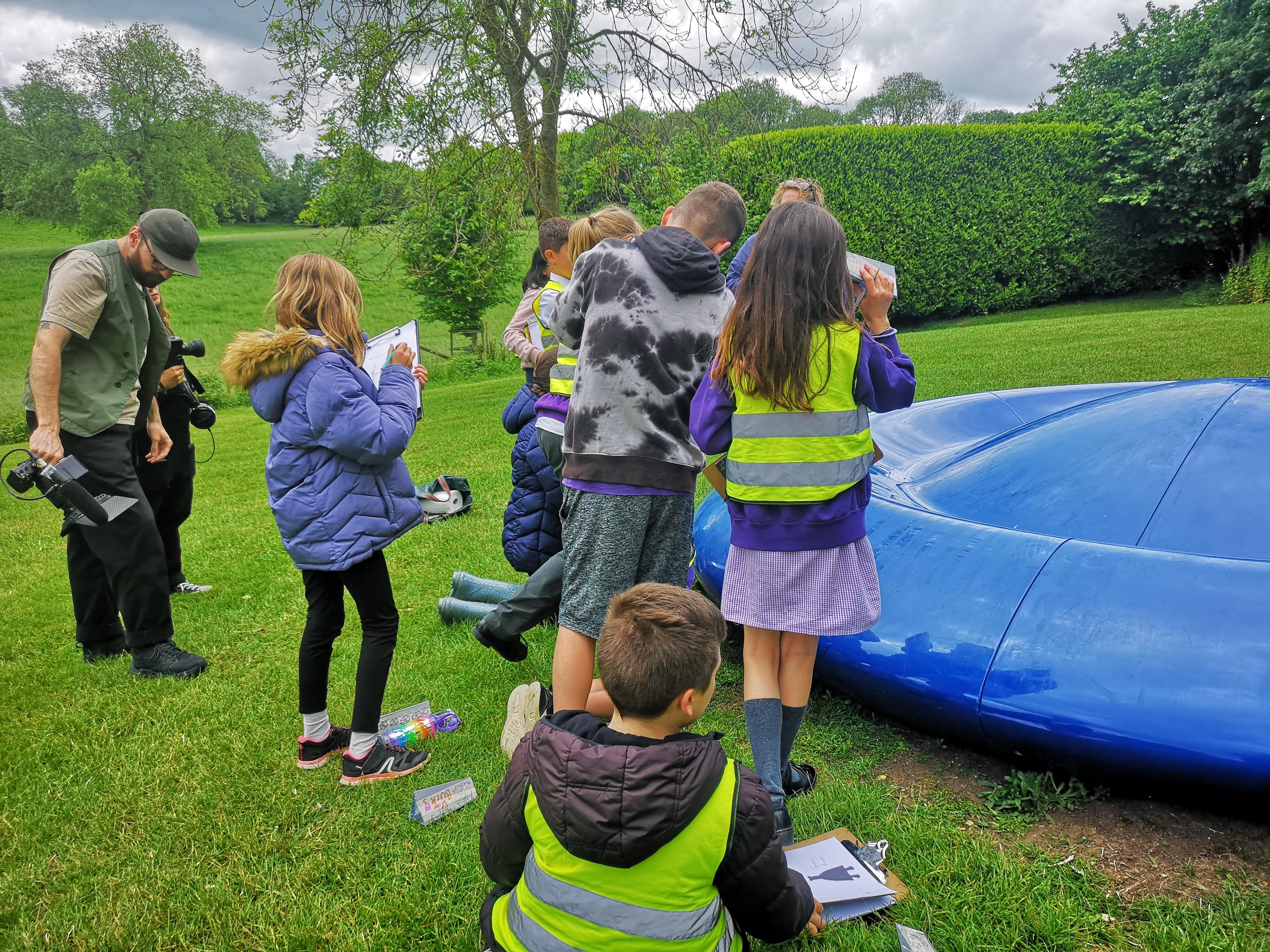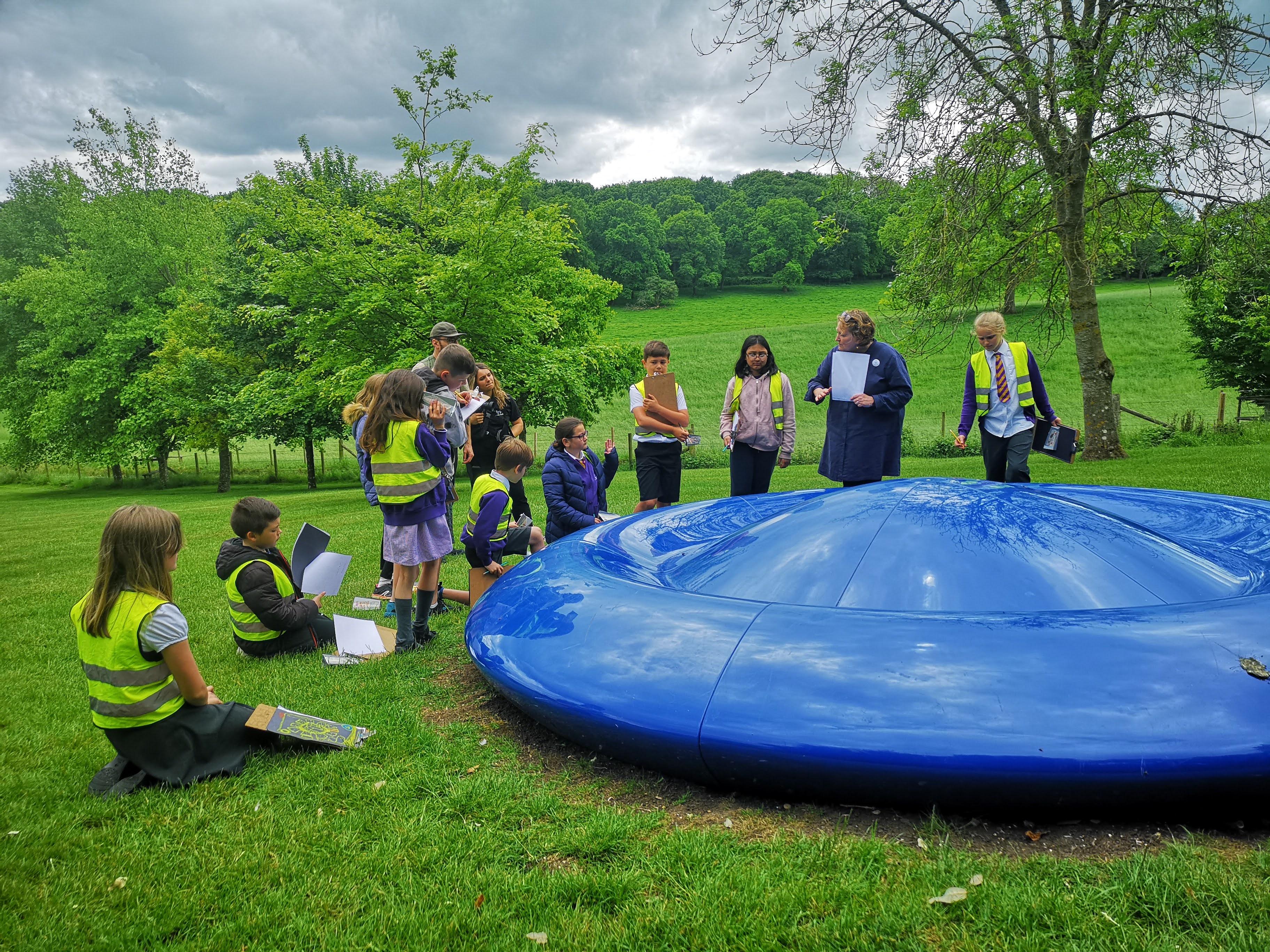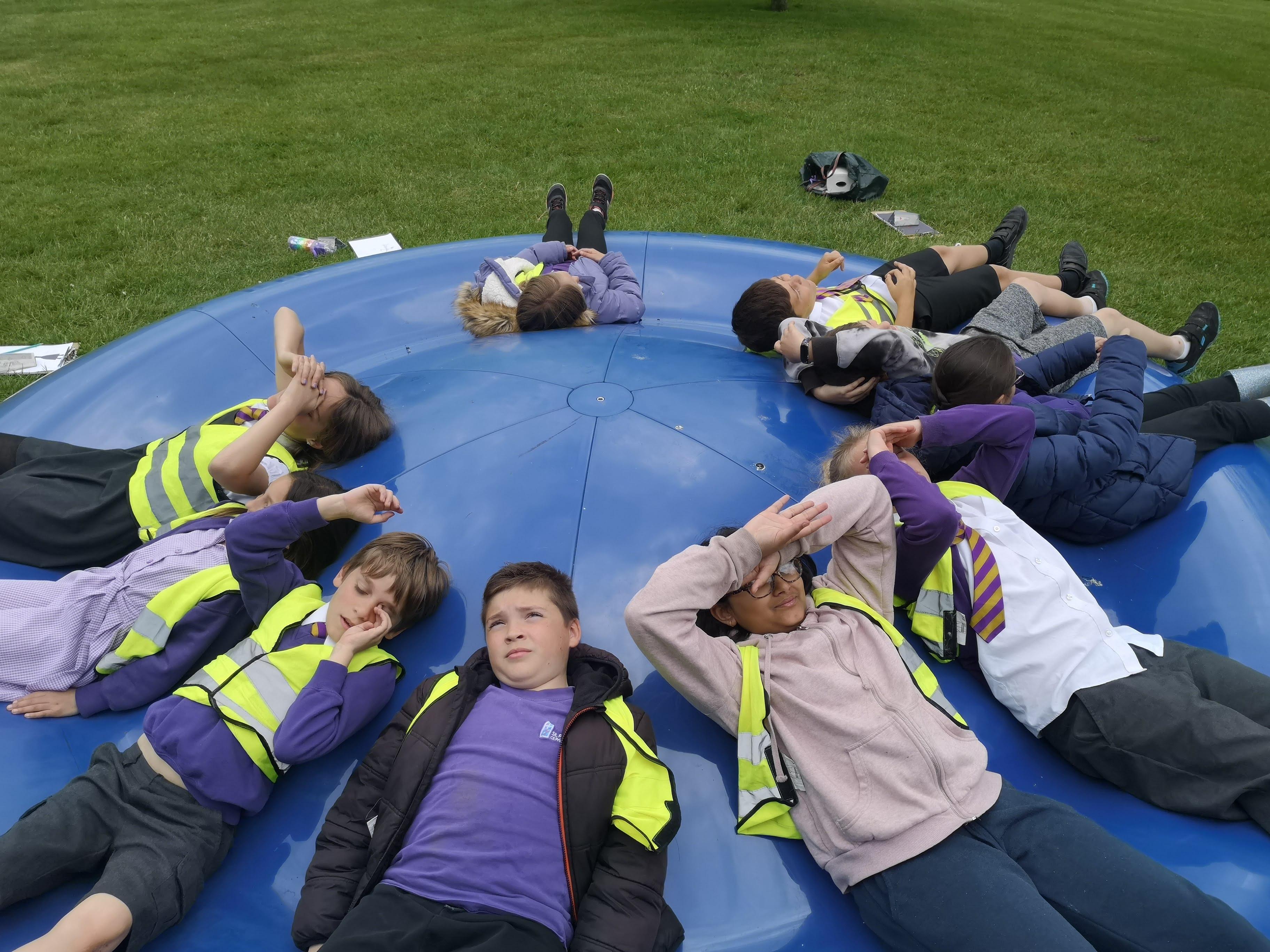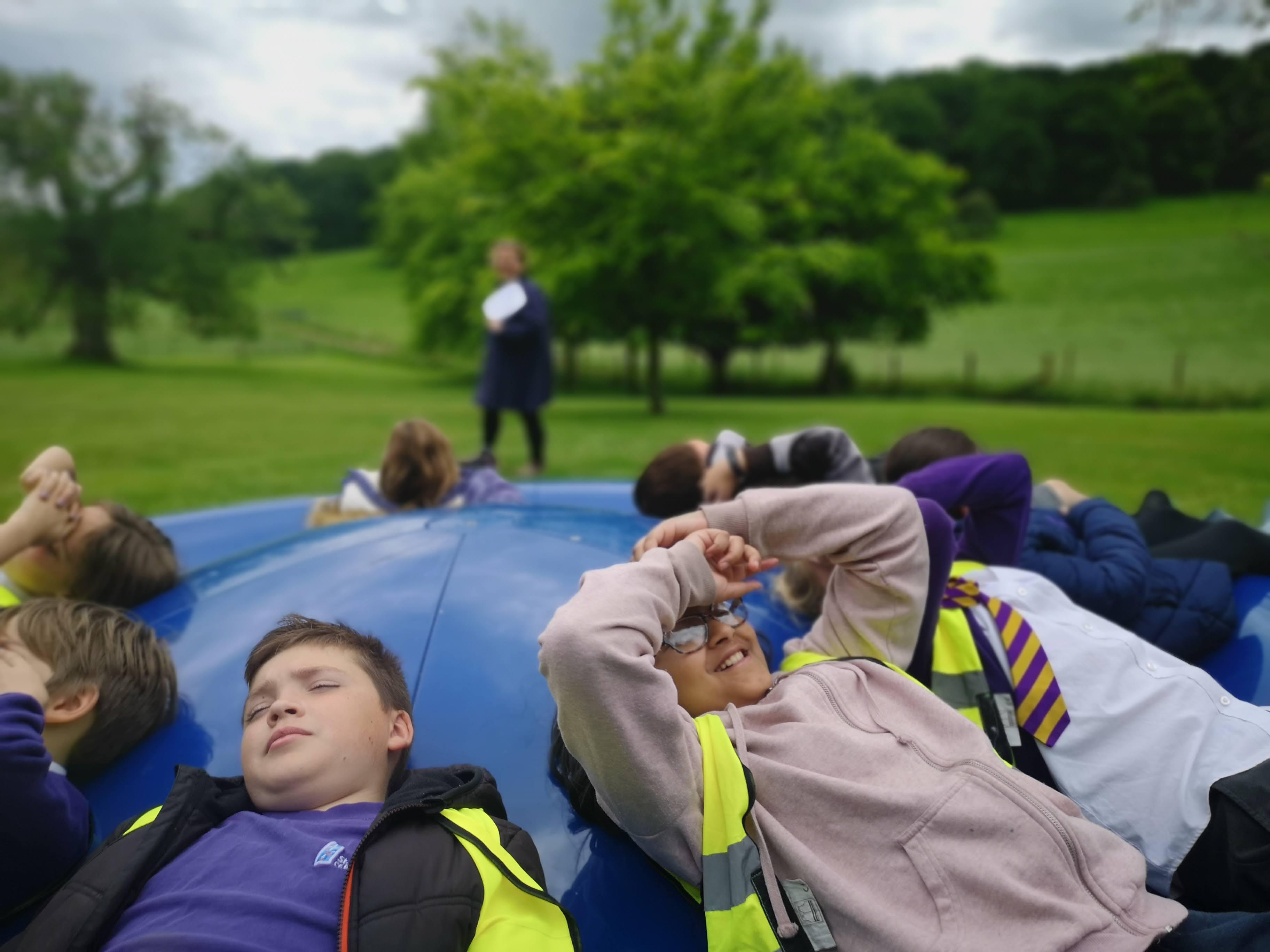Art
Curriculum Intent:
At St Peter’s Primary School, we are committed to providing a high-quality Art education for all our children. By doing so we will enrich and immerse them with the skills they need to be critical, confident and capable artists.
Art lessons at St Peter’s are the foundation upon which children build their understanding of having a critical eye and being reflective artists. As a result of an enquiry-based approach, pedagogy, all children will know what it means to be an artist, to become immersed in and inspired by artists both locally and within the wider world. Underpinning all lessons will be a rigorous focus on developing key artistic skills whilst also ensuring sound progression of knowledge and a sequenced understanding of key concepts. As teachers we aspire to ensure that the skills taught are transferable throughout their time at St Peters and also further into their education. Our core aims are:
- To be inquisitive and curious artists who can ask, answer, analyse and draw contrasts about other artists work and their own art.
- To be critical and reflective designers who are able to discuss and talk about strengths and weakness in their own and others art and decipher opinions about art work.
- To have a rich knowledge of local and global art and artists that allows children to talk confidently and coherently about known artists.
- To develop an extensive knowledge of key skills about a range of artistic techniques that they can apply to different medias and contexts.
Art Curriculum Design and Implementation:
Our overarching aim for Art at St Peter’s is for all children to develop a critical eye in the world and to promote curiosity and fascination to ensure they become passionate reflective artists and develop a rigorous understanding of Art.
We develop well rounded and successful Artist and Designers taking guidance from the National Curriculum though understanding the need to personalise the curriculum for our children. We expose our children to planned and differentiated lessons which are taught with a clear art objective taken from the National Curriculum. All learning is engendered by an enquiry-based gateway question, with a focus on a key artist. Thanks to carefully planned progression documents we can ensure continuity and progression across the key stages, recognising Art as an Artist Study with a focus on skills and deepening knowledge and understanding. With the aim that children will know how art and design both reflect and shape our history, and contribute to the culture, creativity and wealth of our local area and beyond.
Knowledge Acquisition and Lesson Design:
To ensure depth within our enquiry-based Art curriculum we believe there are essential components within our sequence of learning to ensure our children become capable and critical artists.
- Enquiry based gateway question - We want children to be inquisitive and curious artists who are confident enough to share opinions and critique their own and others art. With this in mind the Enquiry Question will provide a gateway into exploring an Artist and to begin to study their skills and thoughts upon their artwork.
- Acquiring skills- These gateway questions often then need to be filtered down into smaller sub questions that allow children to acquire more specific information and make the research more manageable. This part of the sequence gives children an opportunity to generate their own research and influence their own art. This part of the sequence often includes a focus on ‘exploring and experimenting with key skills such as ‘printing, texture’.
- Selecting skills – Children are now encouraged to ‘draft’ and ‘refine’ their skills in preparation for producing a final piece. Children will become resilient and reflective artists and acquire the understanding of having a personal opinion on an artist or a particular skill.
- Producing – Once children have investigated their ‘Enquiry Question’ through an artist Study and drawn conclusions and reflected upon theirs and other work, the children have an opportunity to present their art and learning in a relevant and enthusing way. This could include, a Classroom Art Gallery, an Artist Critique conference, alongside many other ideas.
- Evaluating – This is a vital part of the teaching sequence and often lends itself to self-reflection and improvement. This is when the children have the opportunity to answer their enquiry question and whether they have met the success criteria.
Ethics within Art:
St Peter’s strongly believe that Art is particularly well positioned to address the teaching of ethics. Art by its nature can be highly subjective and boundary-pushing: it will be received or interpreted by different people in various ways. Art can open us up to new ideas and beliefs, and artists can make a massive impact as role models, either in a positive or a negative manner. What may be unethical to one may be ethical to another. Because art is subjective, it is vulnerable to ethical judgment.
Contemporary art in particular is often notable by its lack of uniformity; its championing of freedom of speech and its desire to express and impress. As well as this contemporary art is part of a cultural dialogue between various social groups as a whole as well as separate individuals and often reflects larger contextual frameworks such as personal and cultural identity, family, community, and nationality.
Ethics within our Science curriculum will focus upon:
- Understanding that Art is subjective and open to ethical judgement.
- Exploring how Art is often an expression of cultural or social identity; Art can be a vehicle for freedom of speech.
- Open-mindedness is important to the culture of Art.
